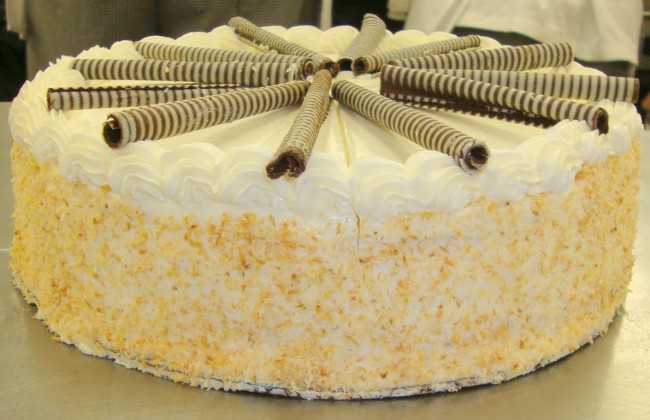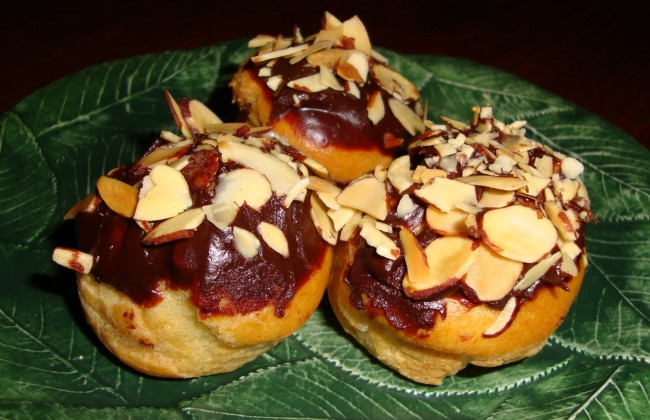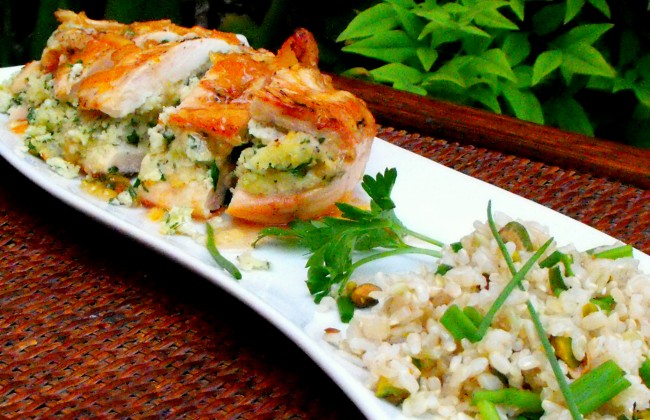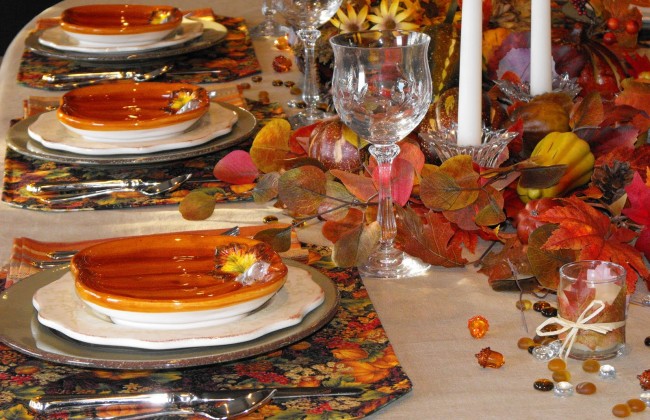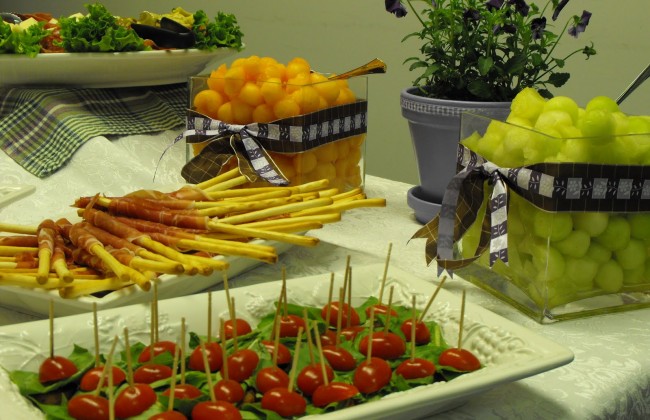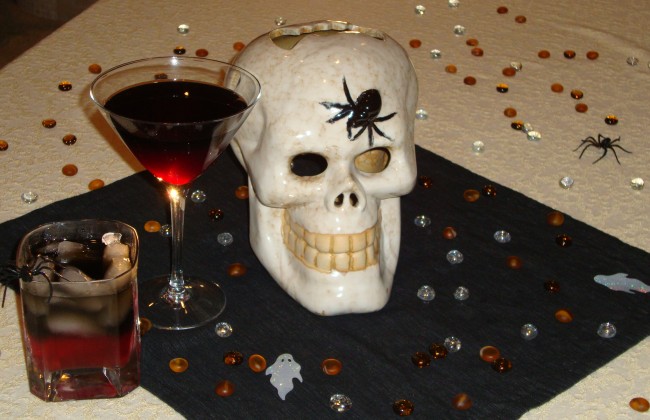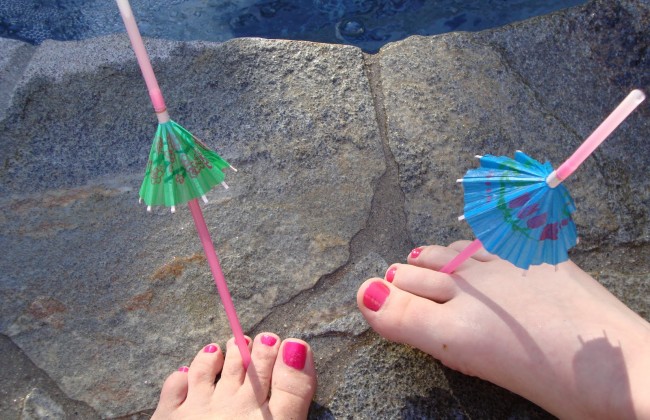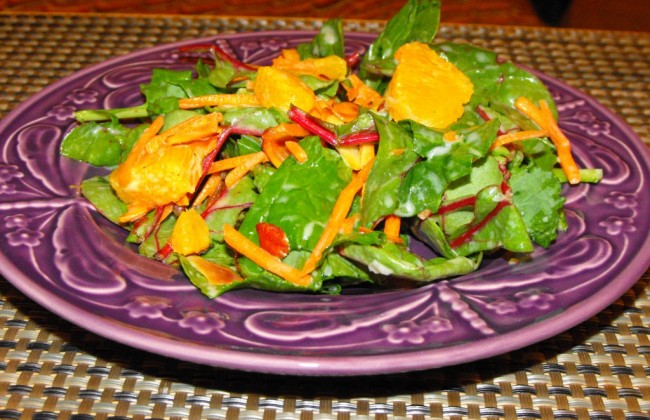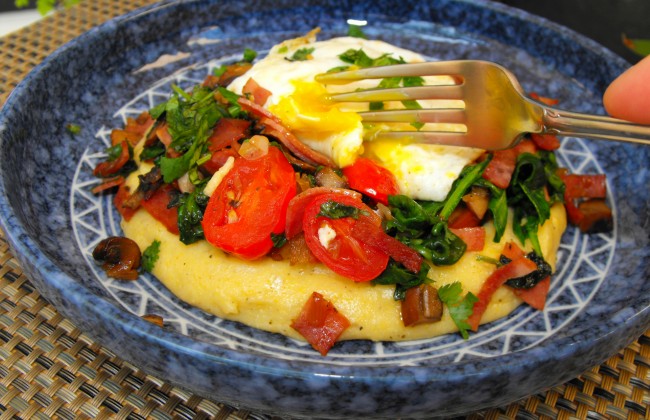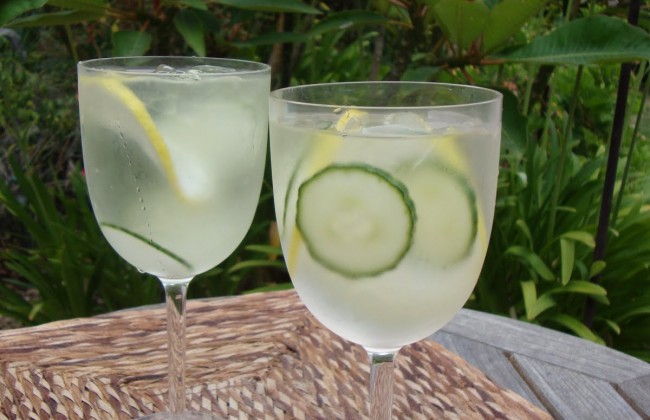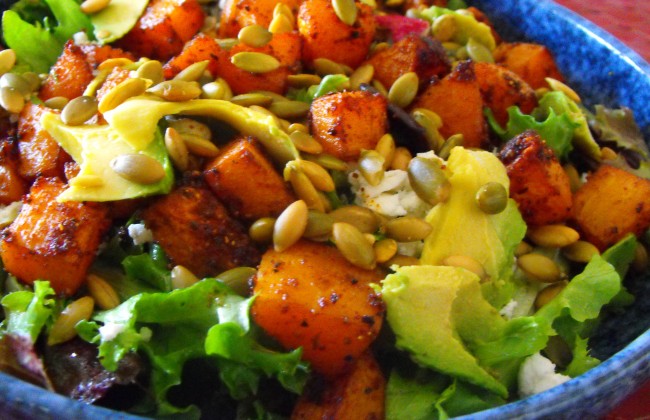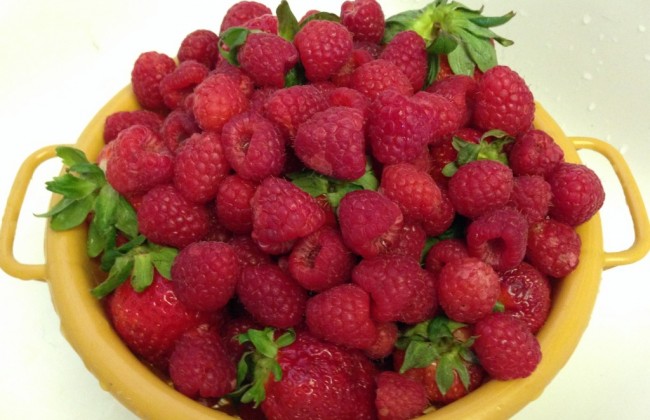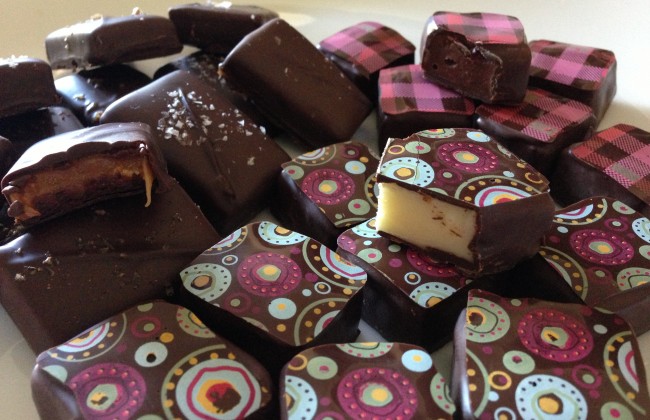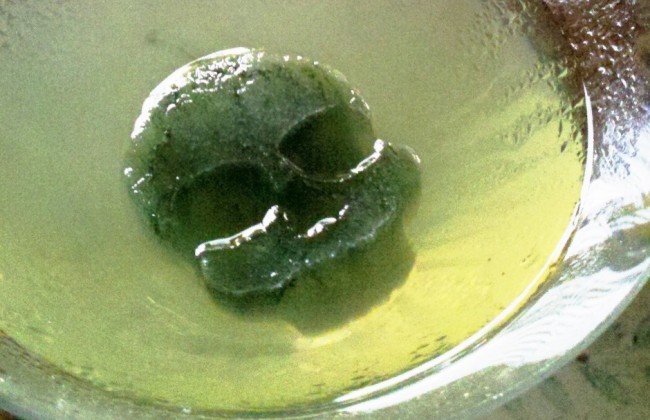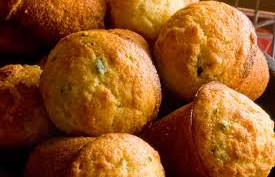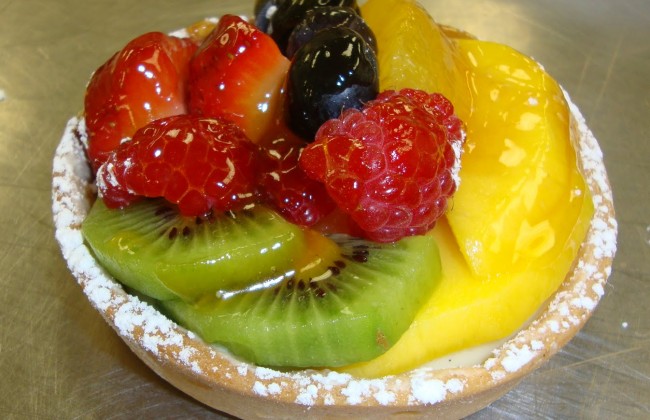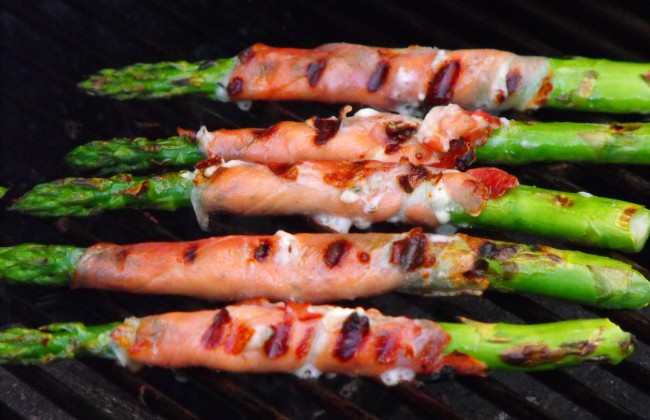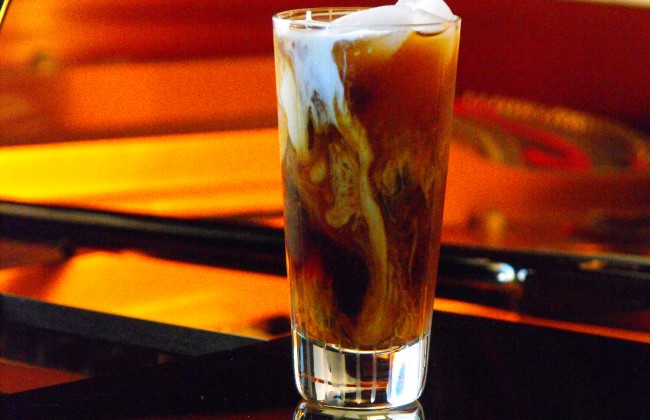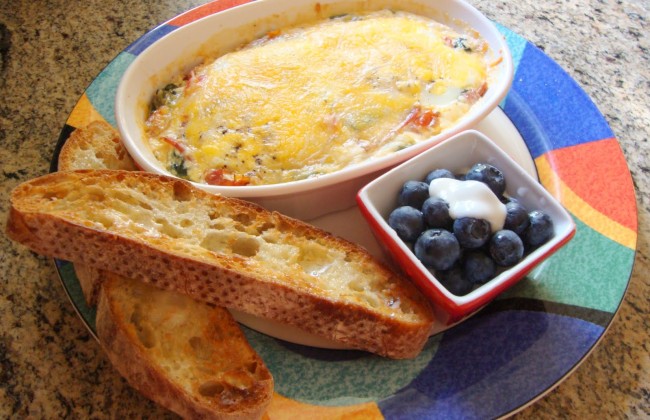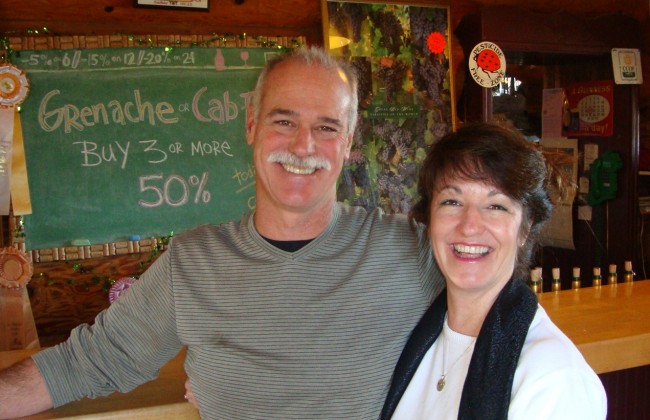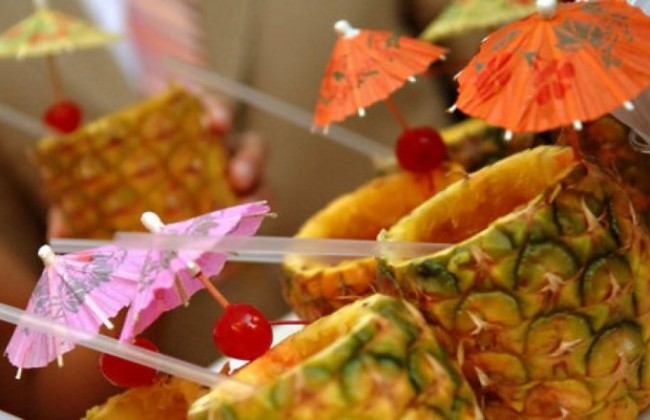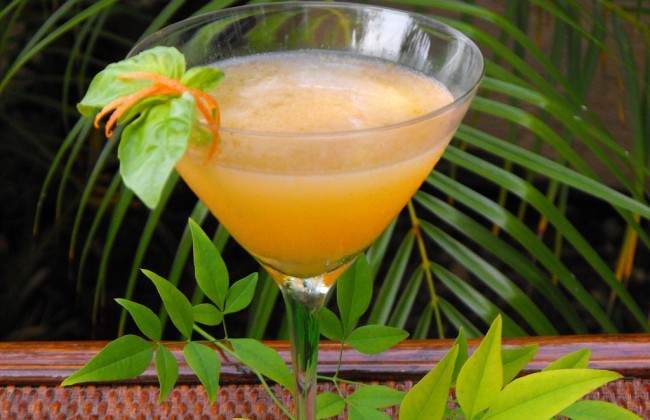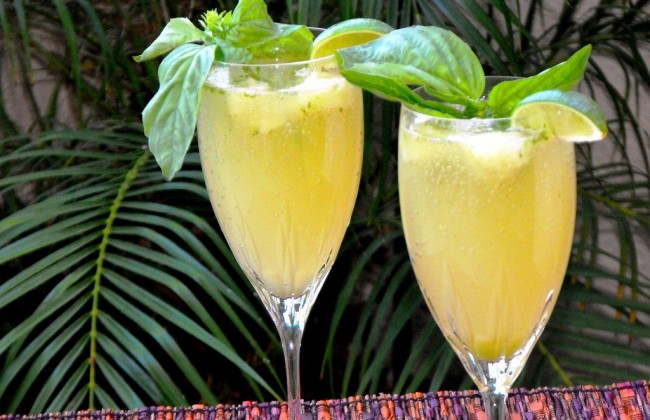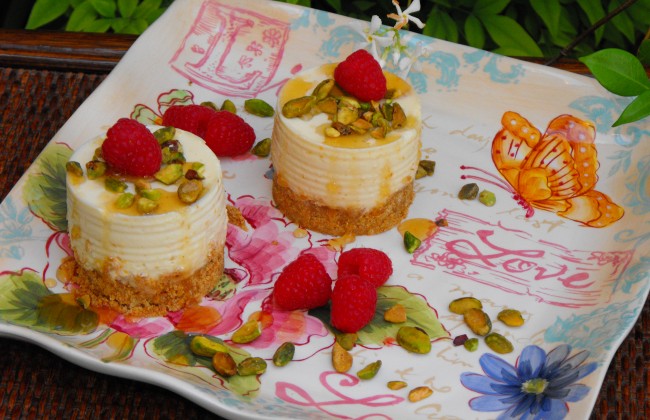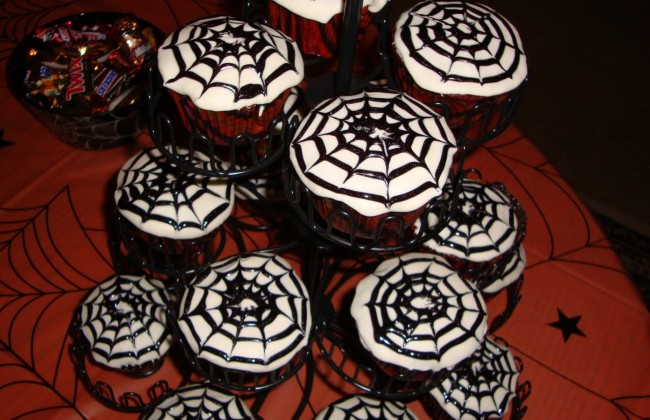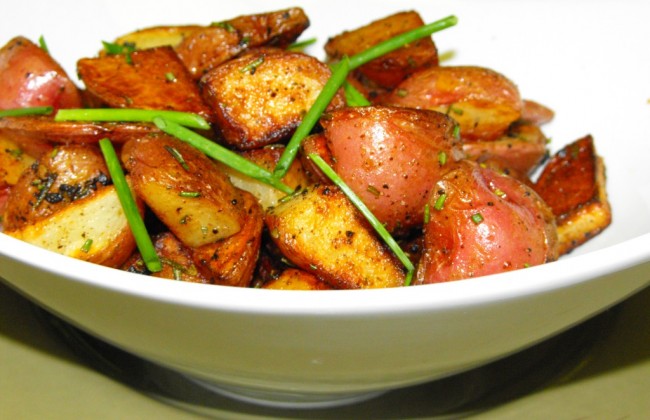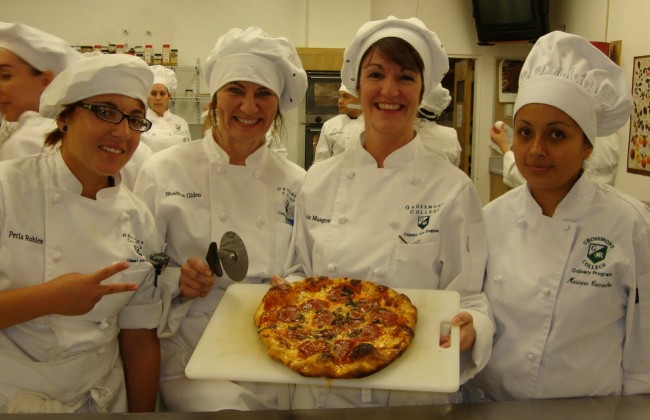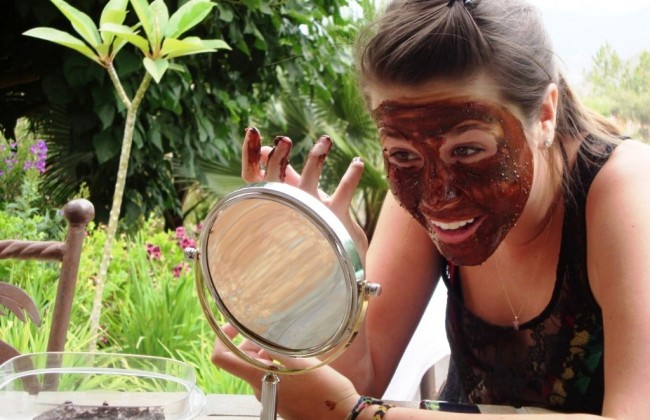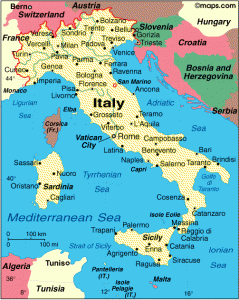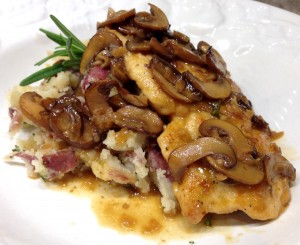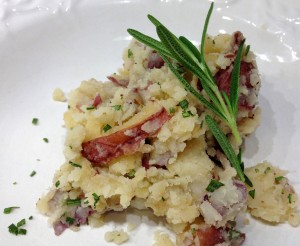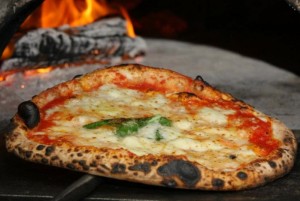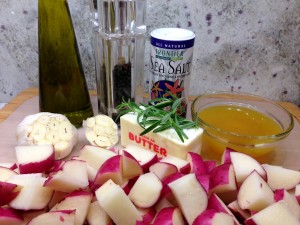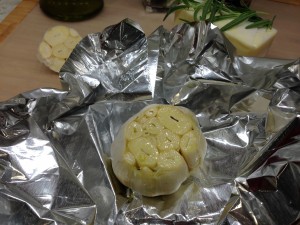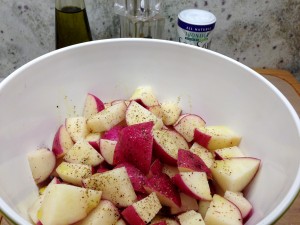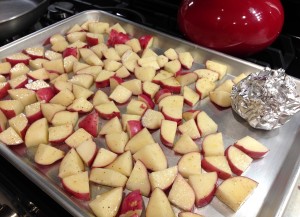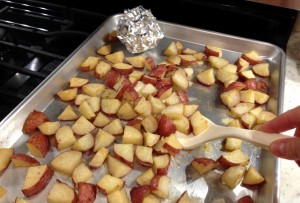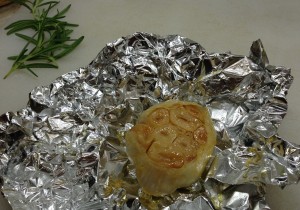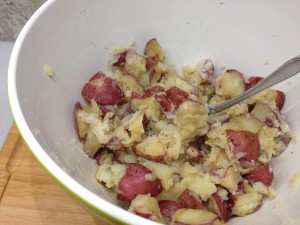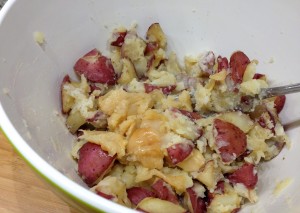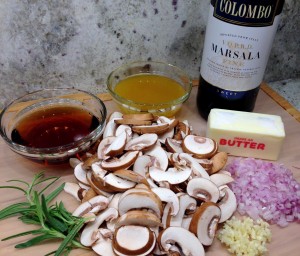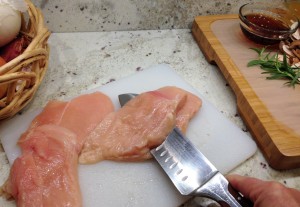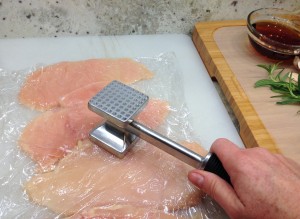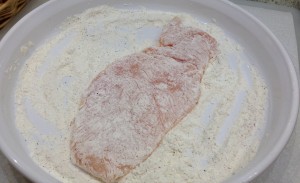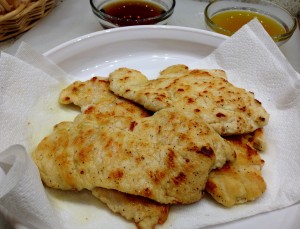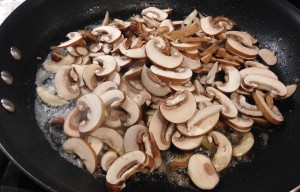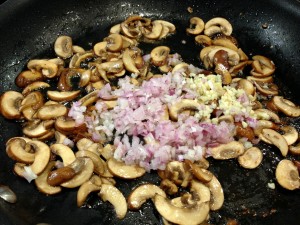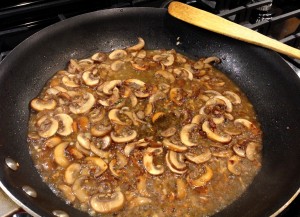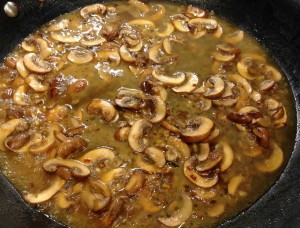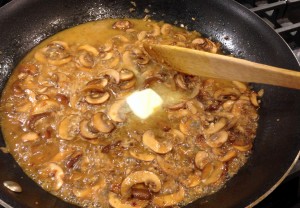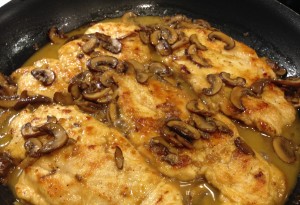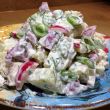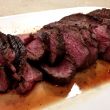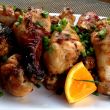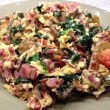Italy! Just saying it gets me salivating! On the map, the Italian peninsula resembles a tall boot extending into the Mediterranean Sea. As we cruise along on the International Cooking Tour, we are going to eat Italy in several small bites! Italians are very proud of their cuisine and with 20 different regions all boasting their own traditions and specialties, we have a lot of ground to cover. Northern, Central and Southern Italy could never be experienced in just one meal. In fact, it could take a lifetime, so let’s get going!
Italy is a thin peninsula extending from the southern coast of Europe stretching across it’s immediate neighbors of France, Switzerland, Austria and Slovenia. Except in the north, Italy is surrounded by water with a coastline stretching 4,722 miles, including the islands. Italy’s boot shape is formed around two mountain ranges that form a “T”. Across the top are the Alps mountain range which extends from France to Slovenia. The north south range is the Apennines, which twist along the length of the boot.
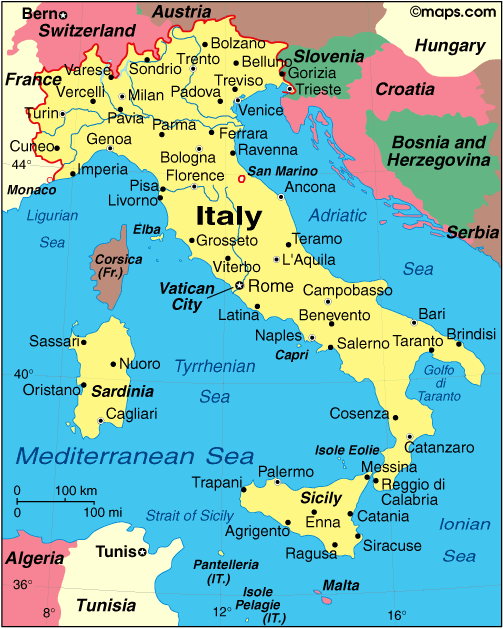
To break the country down into edible bits, we will explore it by regions: Northern, Central and Southern Italy, including the islands of Sicily and Sardinia. The Northern regions largest city is Genoa, home to Christopher Columbus, the shipbuilding industry, and Italy’s most productive farmland. Much of which is devoted to growing grain, especially rice (Risotto), corn (Polenta) and wheat (Pasta). The Central region contains the nation’s capital, Rome and Tuscany’s capital, Florence, historically two of the most influential cities in Europe. Southern Italy is characterized by the rugged terrain of the Apennine Mountains. The region is not as fertile as the north, however, small farms grow beans, wheat, olives and the grapes used to make Chianti wines. Limoncello is mainly produced in southern Italy in the region around the Gulf of Naples, the Sorrentine Peninsula and the coast of Amalfi. Sicily is the largest of all the Mediterranean islands, is very hilly which is great for grazing sheep. In the shadow of Mount Etna, tropical fruit trees thrive. Sardinia has a harsh mountain terrain, again great for sheep and where irrigation is possible, wheat, olive trees and grapevines grow.
We begin our culinary tour in Southern Italy, often referred to as the Mezzogiorno, meaning “midday” or “noon,” because of the intensity of sunshine there at midday. It encompasses six of the countries regions: Abruzzo, Basilicata, Campania, Calabria, Molise, and Apulia (Puglia) and the islands of Sicily and Sardinia.
One of the signature ingredients of Italian cooking is the tomato, although it didn’t arrive in Italy until the 1500’s along with peppers, beans and potatoes from the Americas. The first tomatoes that arrived from South America were small and yellowish. They were called pomodoro, which means golden apple in Italian. Olive oil is the principle cooking oil in the south as compared to butter in the north and southern cooks season more assertively with garlic and herbs than their fellow Italians to the north. Abruzzo is sparsely populated and is known for its livestock production, farming and growing the prized herb Saffron. The town of Sulmona is Italy’s confectionery capital and is where the sugared almond, known in the “new world” as Jordan Almonds, was created over 250 years ago. Italian tradition suggests serving five Jordan Almonds for each wedding guest. One to signify health, one for wealth, one for longevity, one for fertility and one for happiness. Molise shares many of the same culinary traditions with Abruzzo but there are a few dishes unique to the region like white polenta made with potatoes and wheat, served with tomato sauce and a ravioli stuffed with ricotta, provolone and prosciutto and then fried in oil.
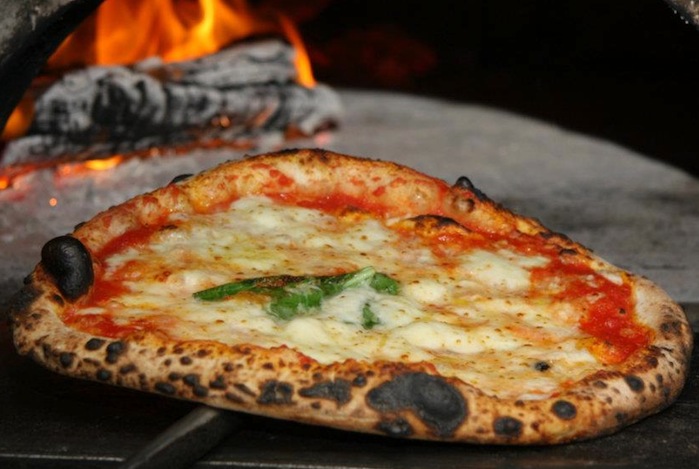
Best known around the world for its pizza, the cuisine of Campania relies on vegetables, herbs, capers, dried pasta and fresh farmhouse cheeses. In the 19th century, the people of Naples were nicknamed mangia maccheroni (Macaroni Eaters). Their pasta is considered among the best and most varied in all of Italy and Neapolitans remain devoted pasta eaters to this day. Italian food would not be what it is today if not for Spaghetti with Pommarola Sauce ( Fresh tomato and vegetable sauce). The Neapolitans have the reputation for being the first to develop the ripe red tomato verses the yellow pomodoro tomato, allowing it to become red and juicy before cooking with it. An entirely new way of cooking was developed using the tomato. San Marzano tomatoes, which grow on the volcanic plains to the south of Mount Vesuvius, are considered the finest tomatoes for preparing all the different tomato sauces of the Campania region. Pizza originated in Naples over 300 years ago, but was little known outside of Naples until the 1970’s. In 2004, Italy drew up a series of rules for the making of true Neapolitan pizza: the dough must rise for at least 6 hours and be kneaded by hand, pizza must be round and no bigger than 13.7 inches in diameter and it may be cooked only in a wood fired oven. They recognize only three types of real Neapolitan pizza: Marinara, with garlic and oregano; Margherita, with basil and mozzarella cheese from the southern Apennines; and extra-Margherita, with fresh tomatoes, basil and buffalo mozzarella from Campania.
Calabria has 500 miles of coastline, the longest of any Italian region. Eggplant, originally cultivated in Asia (ball eggplant) distinguishes the parmigiana classics of the Calabria region. Melanzne alla parmigiana (eggplant parmigiana) was created in Calabria where eggplant crops thrive. Despite numerous attempts to export production to other areas of Italy and around the world, bergametto, or bergamont oranges thrive only in Calabria. Their essential oils are used to flavor liqueurs, tea (Earl Grey), sweets and drinks. Apulia is Italy’s largest producer of olive oil. They defy the typical Italian stereotype of al dente too! Apulians don’t believe in under-cooking their vegetables; they prefer them to be slippery soft and not crunchy.
Sicily is one of the two islands off of the mainland of Italy. The cuisine reflects the many invaders in the island’s history and focuses on seafood, eggplant, tomatoes, Pecorino cheese, pine nuts, fennel, lemons and oranges. In parts of Sicily there are sweet and sour combinations like Caponata, a mixture of eggplant, tomatoes, olives, capers cooked with sugar and vinegar. One of the best known meat dishes is Vitelo al Marsala (Veal Marsala). Marsala wine is produced in the region surrounding the city of Marsala. The wine is fortified similar to Port, Madeira and Sherry. Marsala wine is frequently used in risotto, to make desserts like Tiramisu and Zabaglione, and of course, for Chicken Marsala.
Are you hungry yet? We are going to take an Italian classic, Veal Marsala, give it an Italian American twist, and use chicken. I personally can’t imagine Chicken Marsala without potatoes to soak up all the fabulous mushroom sauce!
Roasted Garlic Red Skin Potatoes:
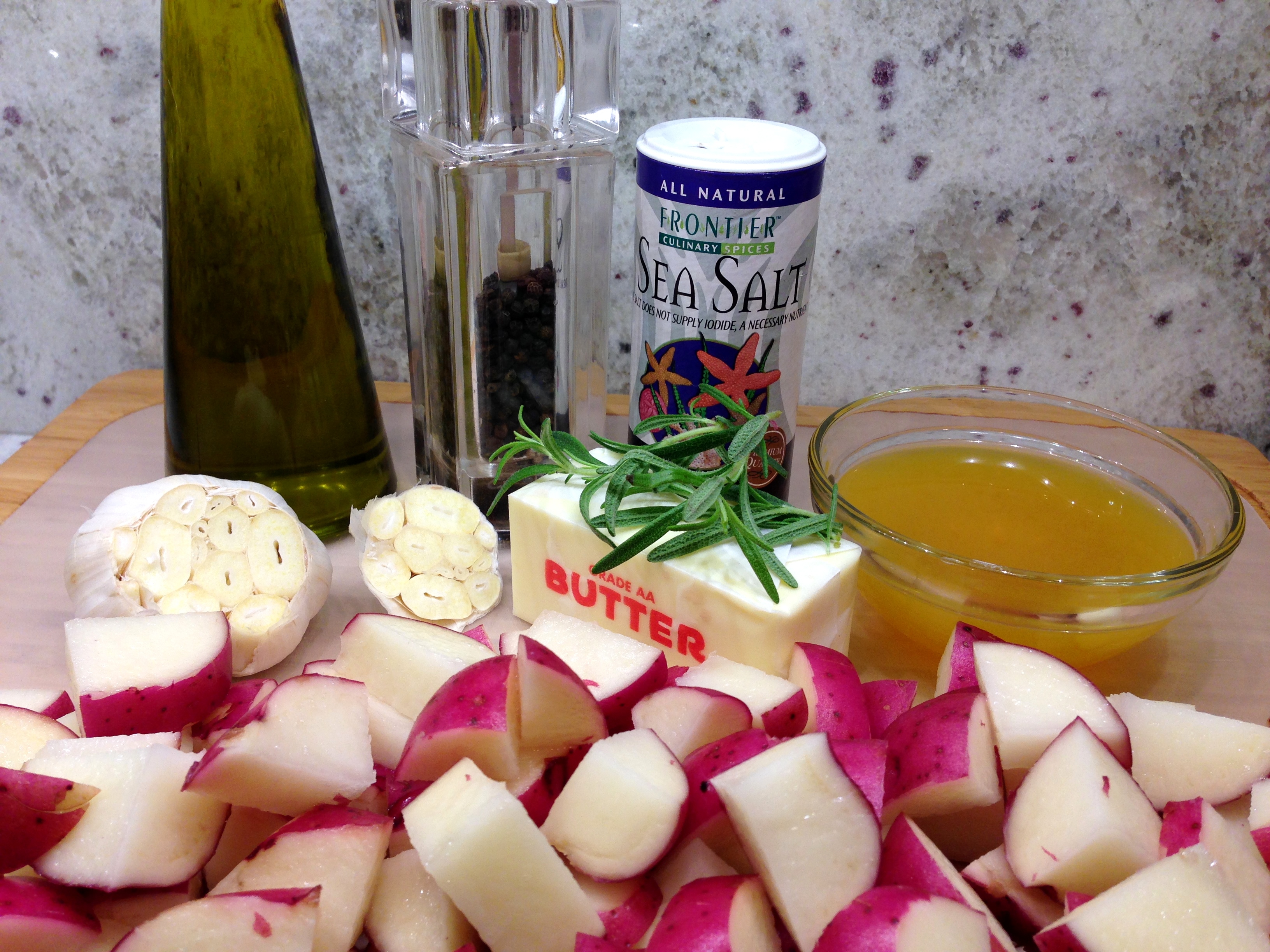
Preheat oven to 375 F. Start the potatoes and garlic first and while they are roasting you can prepare the chicken. This way it will all be done at the same time…in a perfect world.
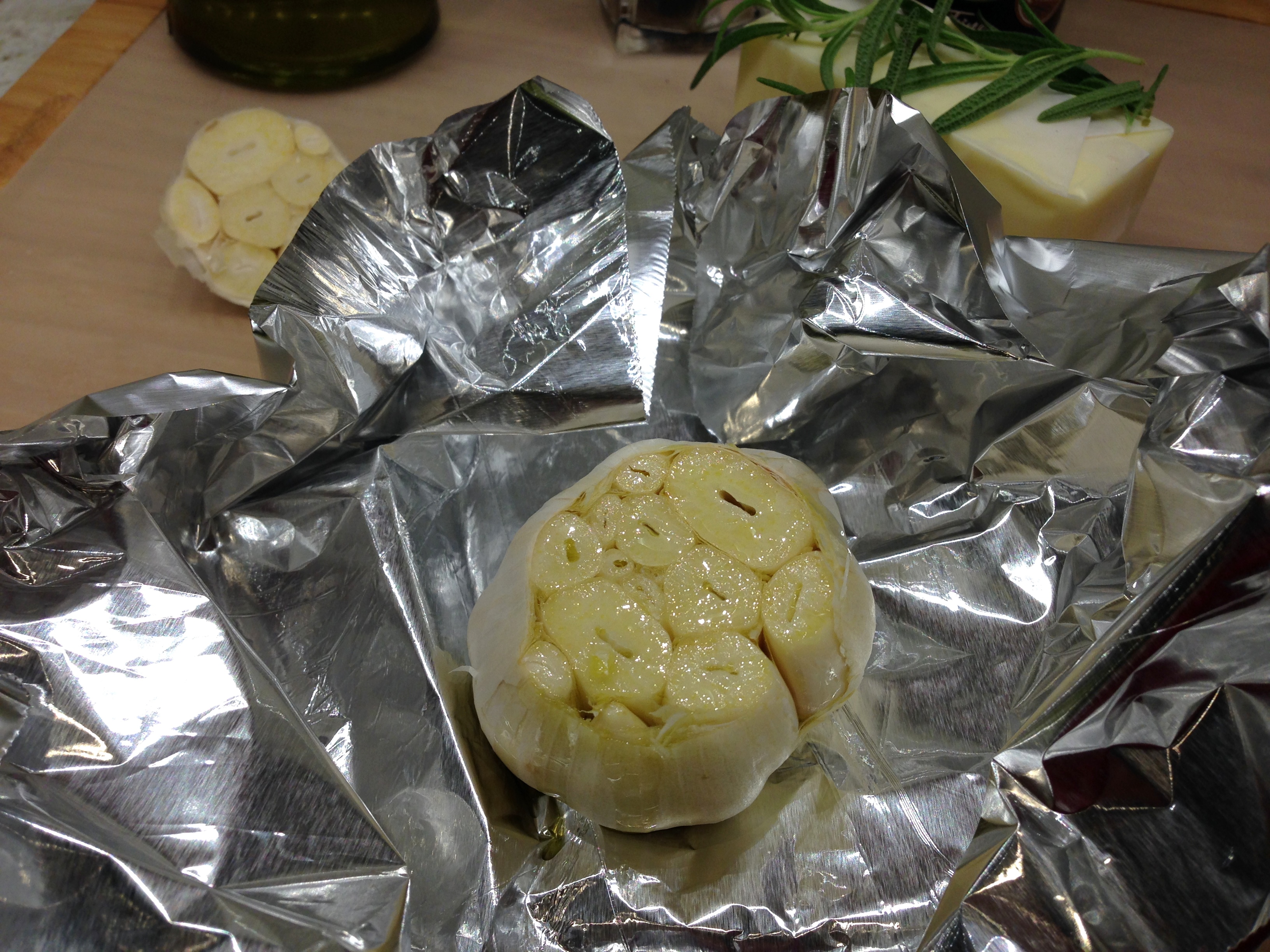
Cut the head of garlic top off horizontally. Drizzle with olive oil and wrap in foil.
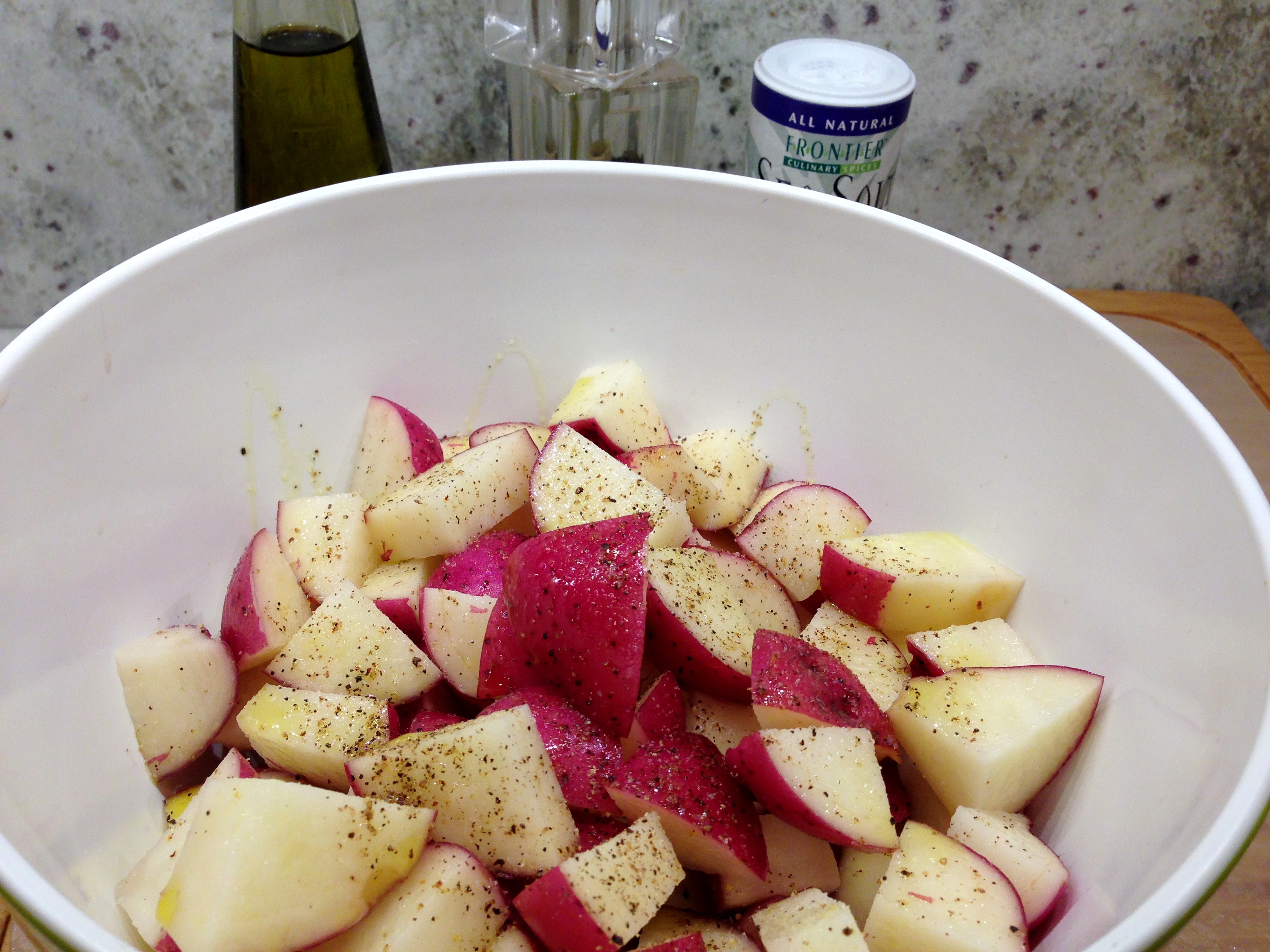
Place diced redskin potatoes in a bowl and toss with olive oil, salt and pepper.
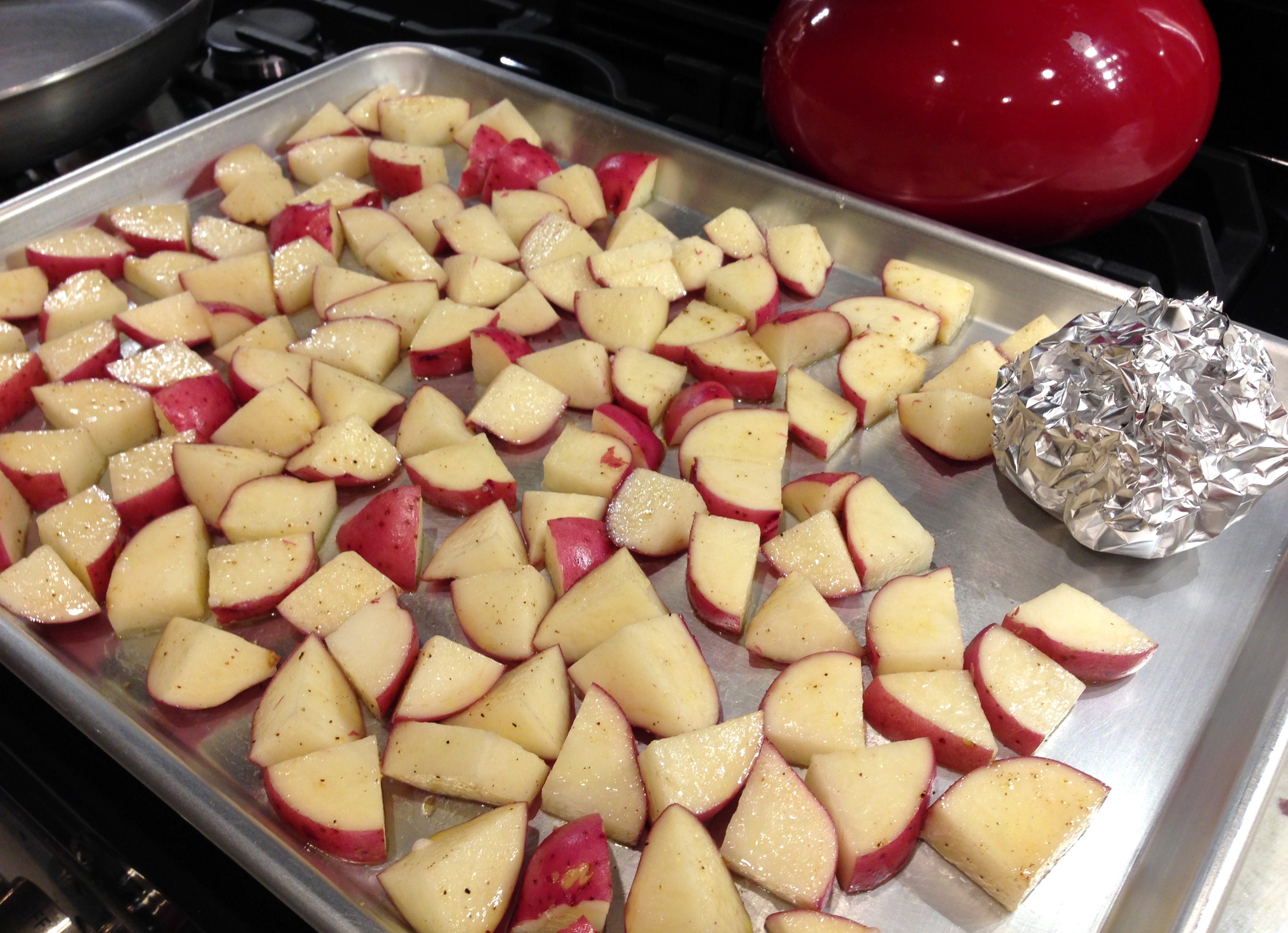
Pour potatoes onto a sheet pan, leaving room for the foil wrapped garlic head.
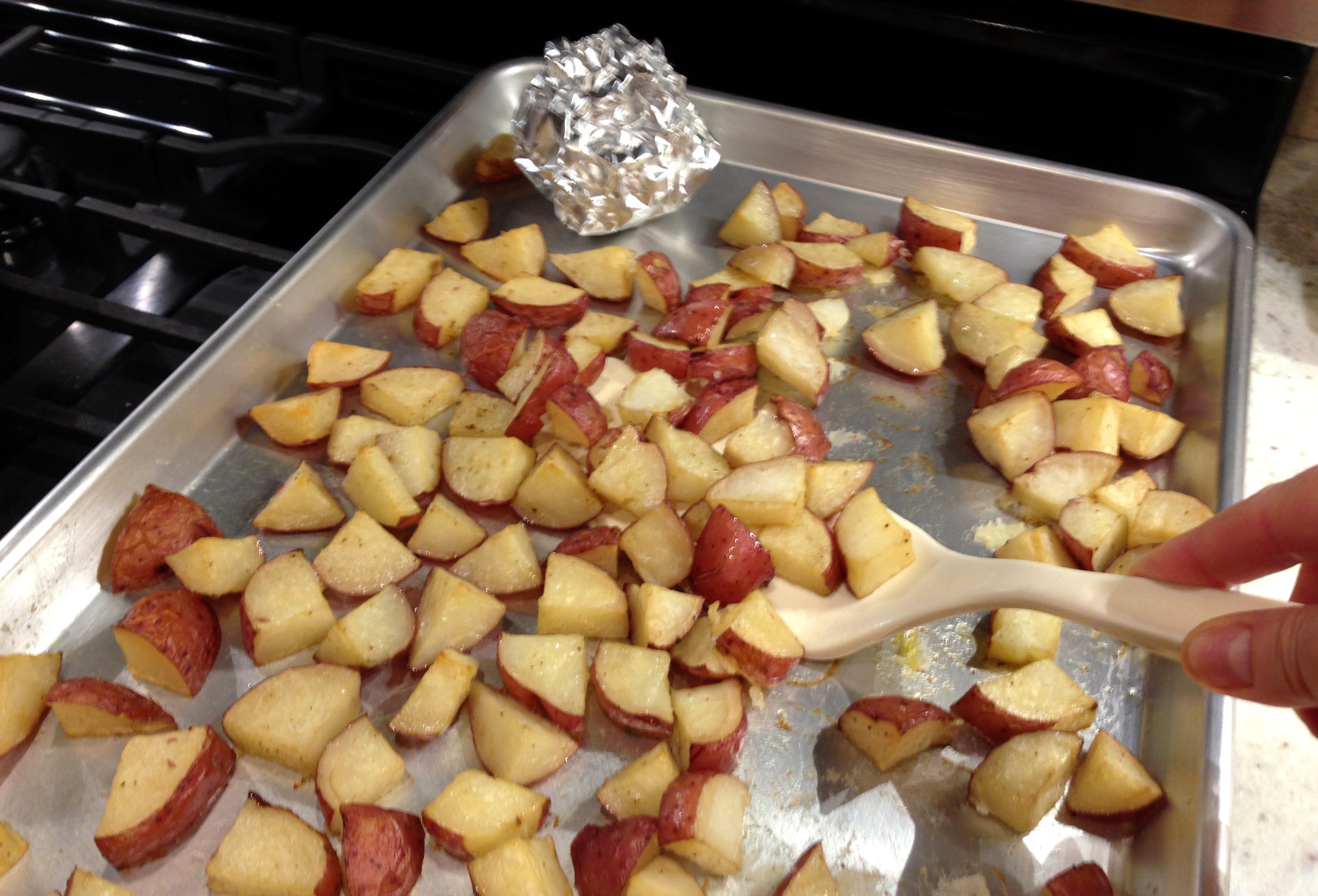
Roast for 40-45 minutes or until garlic is soft and fragrant and potatoes are lightly browned around the edges and soft. Toss the potatoes about have way through so they can lightly roast on both sides.
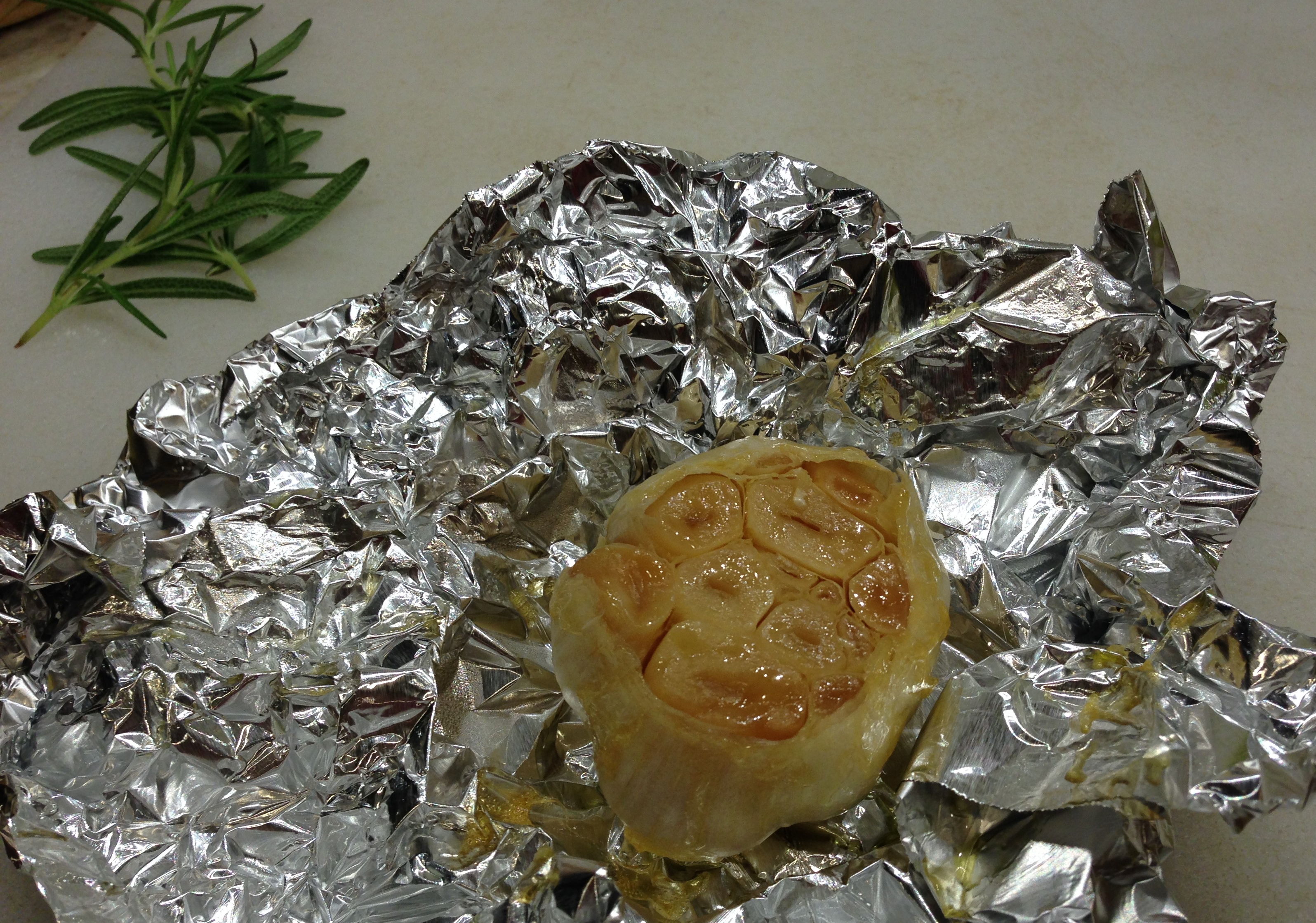
Each individual clove should be completely golden and butter-soft. Notice how the cloves have changed color. Roasting makes the garlic sweet and soft. You can spread this on a baguette just like butter and it is fantastic! I am not a raw garlic fan so this says a lot about how the flavor changes after roasting. It’s pretty hard to overcook garlic cloves too.
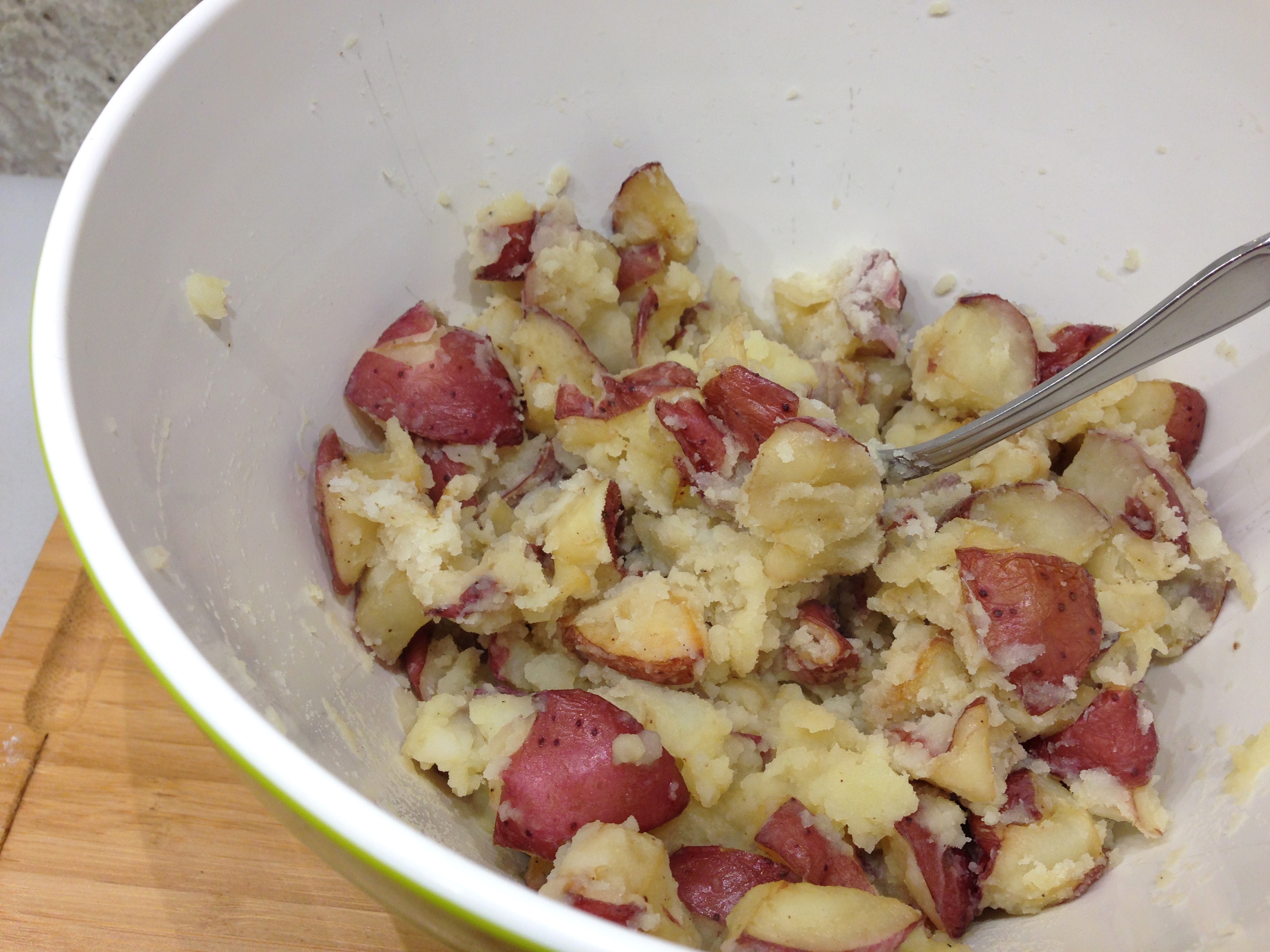
In a large bowl, combine potatoes, chicken broth, and butter. Mash potatoes with a potato masher until crushed and ingredients are combined; rustic mash.
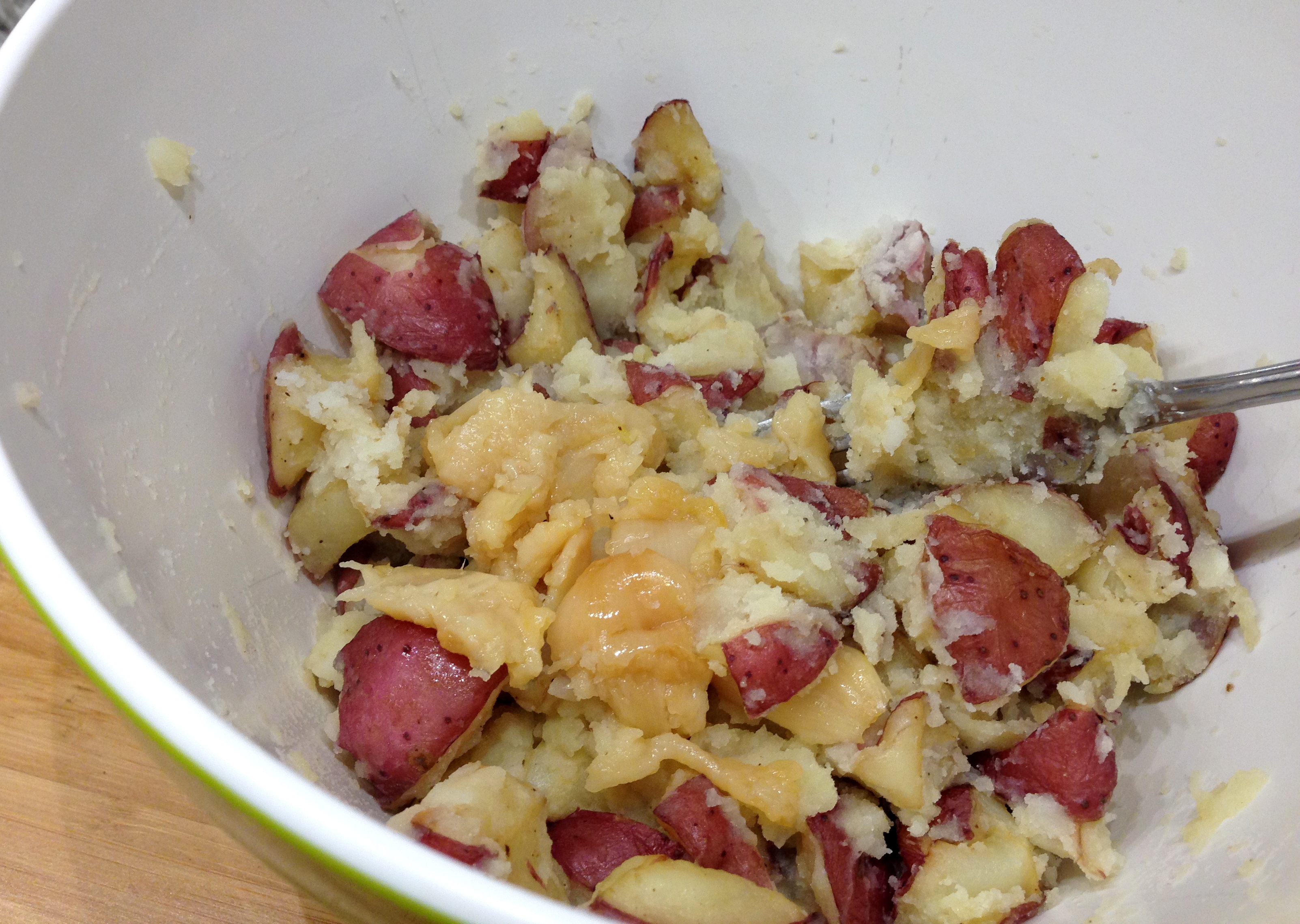
Add as much roasted garlic to mixture as you like and mix to combine. Roasted garlic becomes sweet and mild so don’t be afraid to add a good amount. Garlic cloves should squeeze out easily and look like a paste.
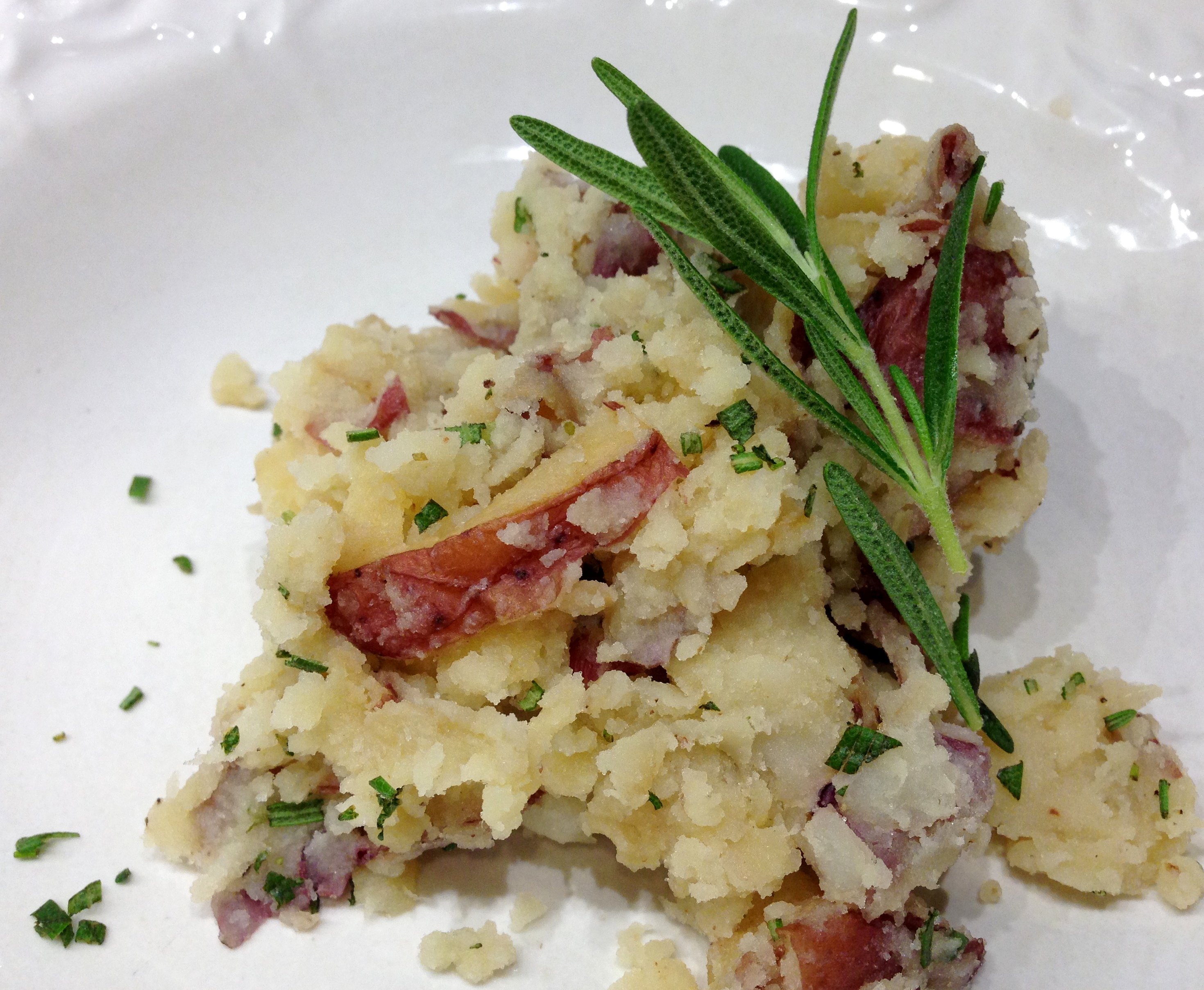
Fold in fresh rosemary and adjust seasoning with salt and pepper, if necessary. Serve with Chicken Marsala.
Chicken Marsala
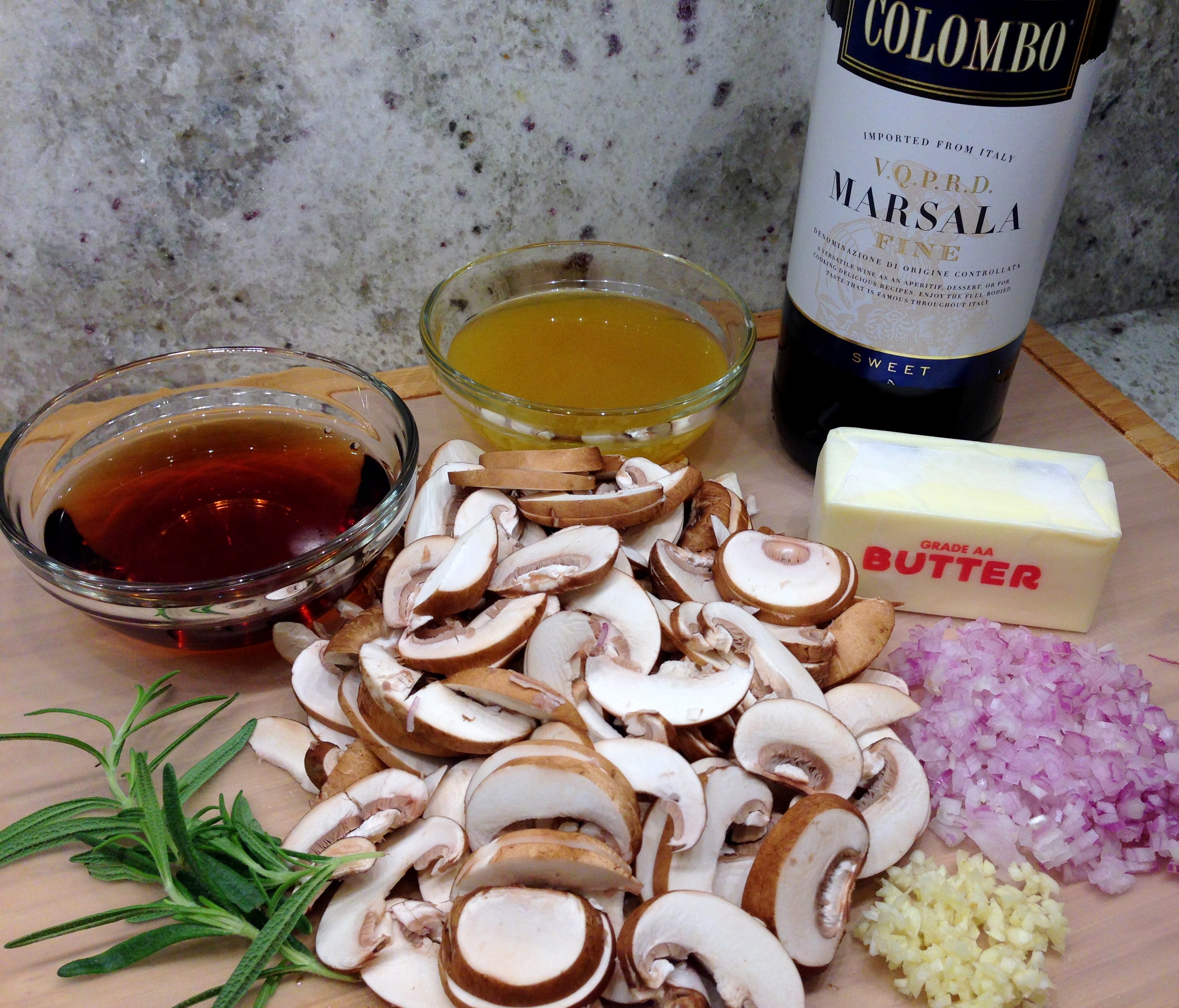
You can see by the ingredients this is going to be an amazing sauce!
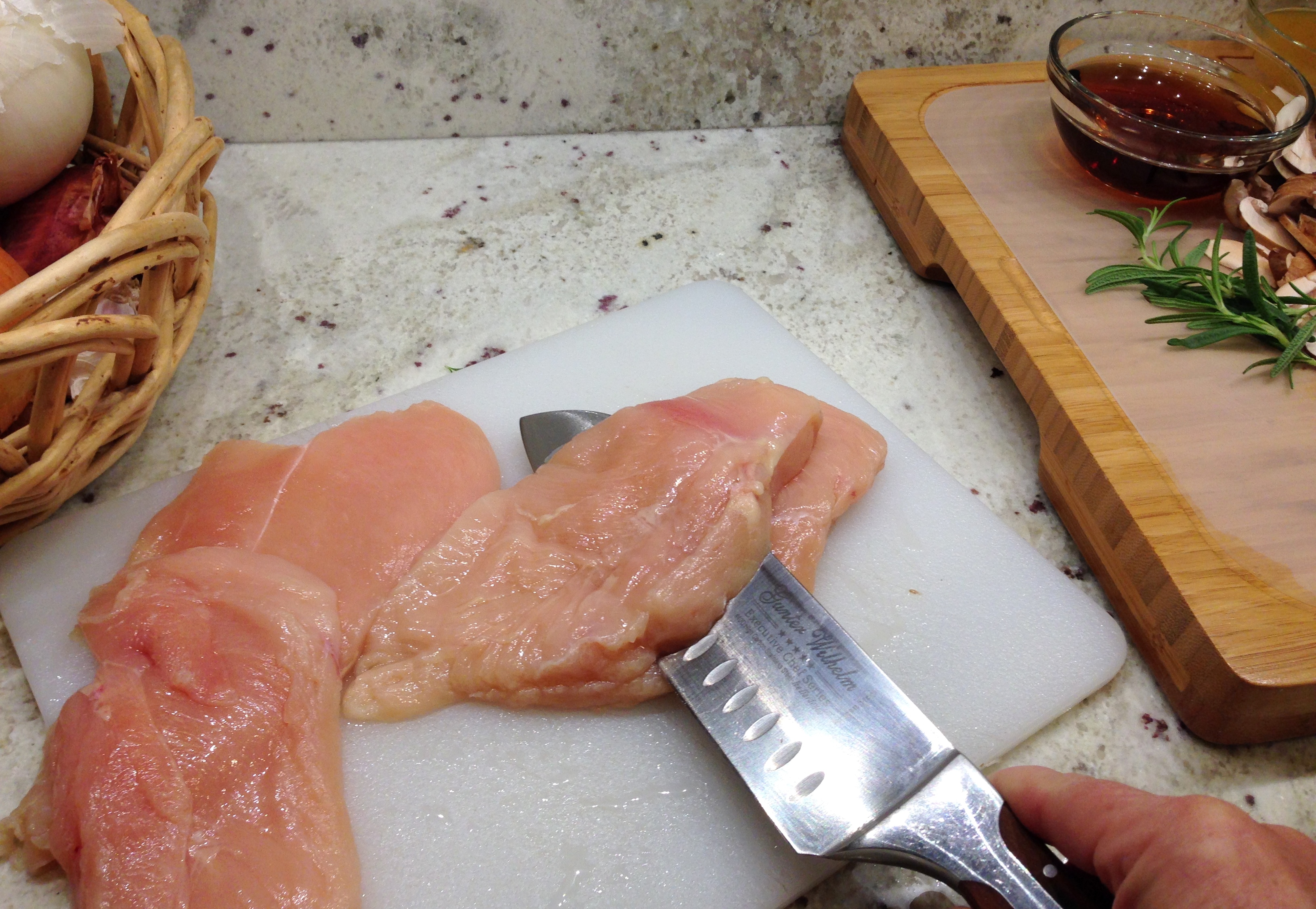
If the chicken breasts are small, pound them now. If they are large, I like to butterfly them first into 2 halves and then pound them to a 1/4 inch thickness. My guys were huge!
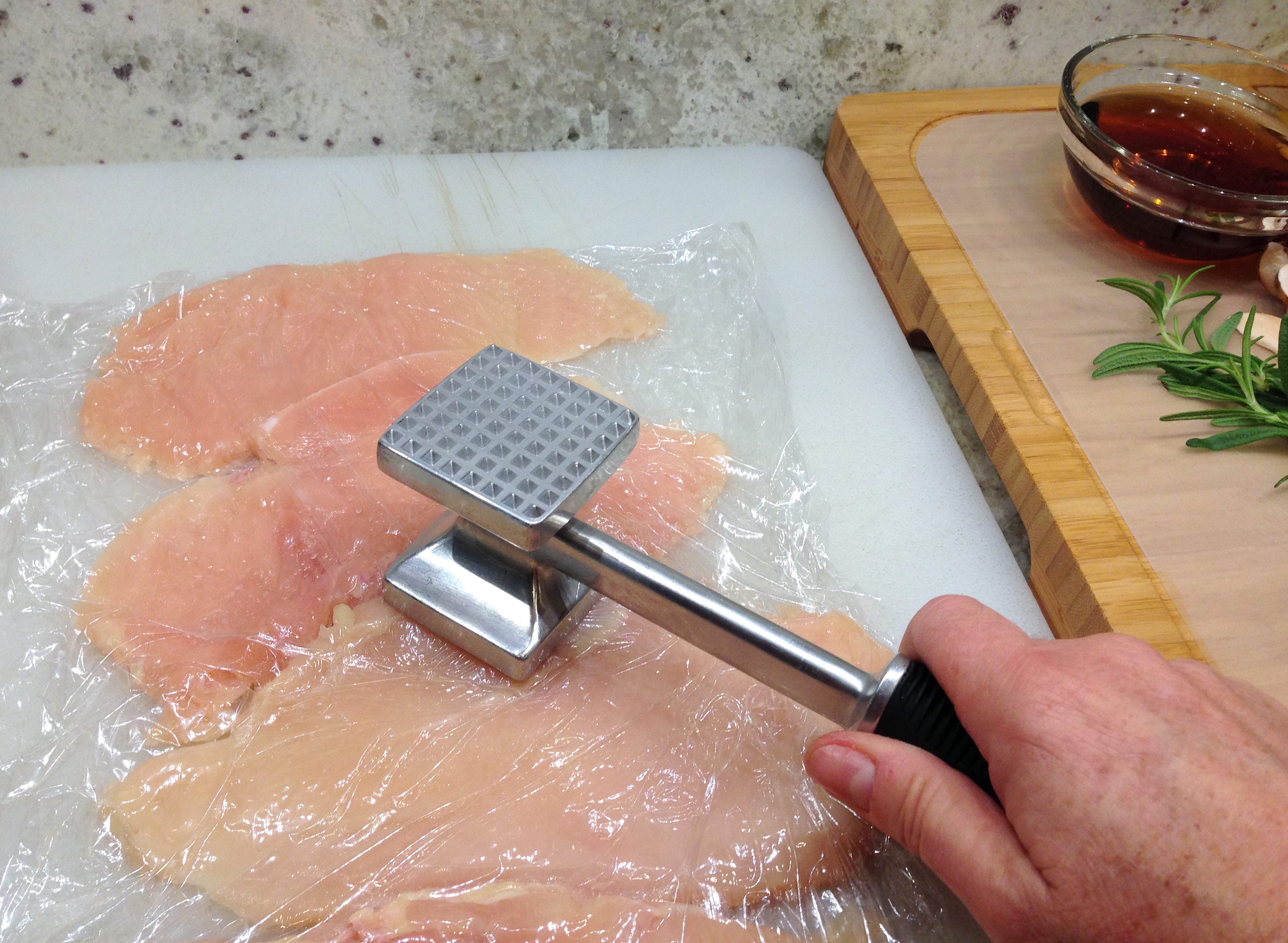
Place chicken breasts between plastic wrap or in a gallon freezer bag. Pound the chicken with a meat mallet or the bottom of a heavy pot until they are about 1/4 inch thick.
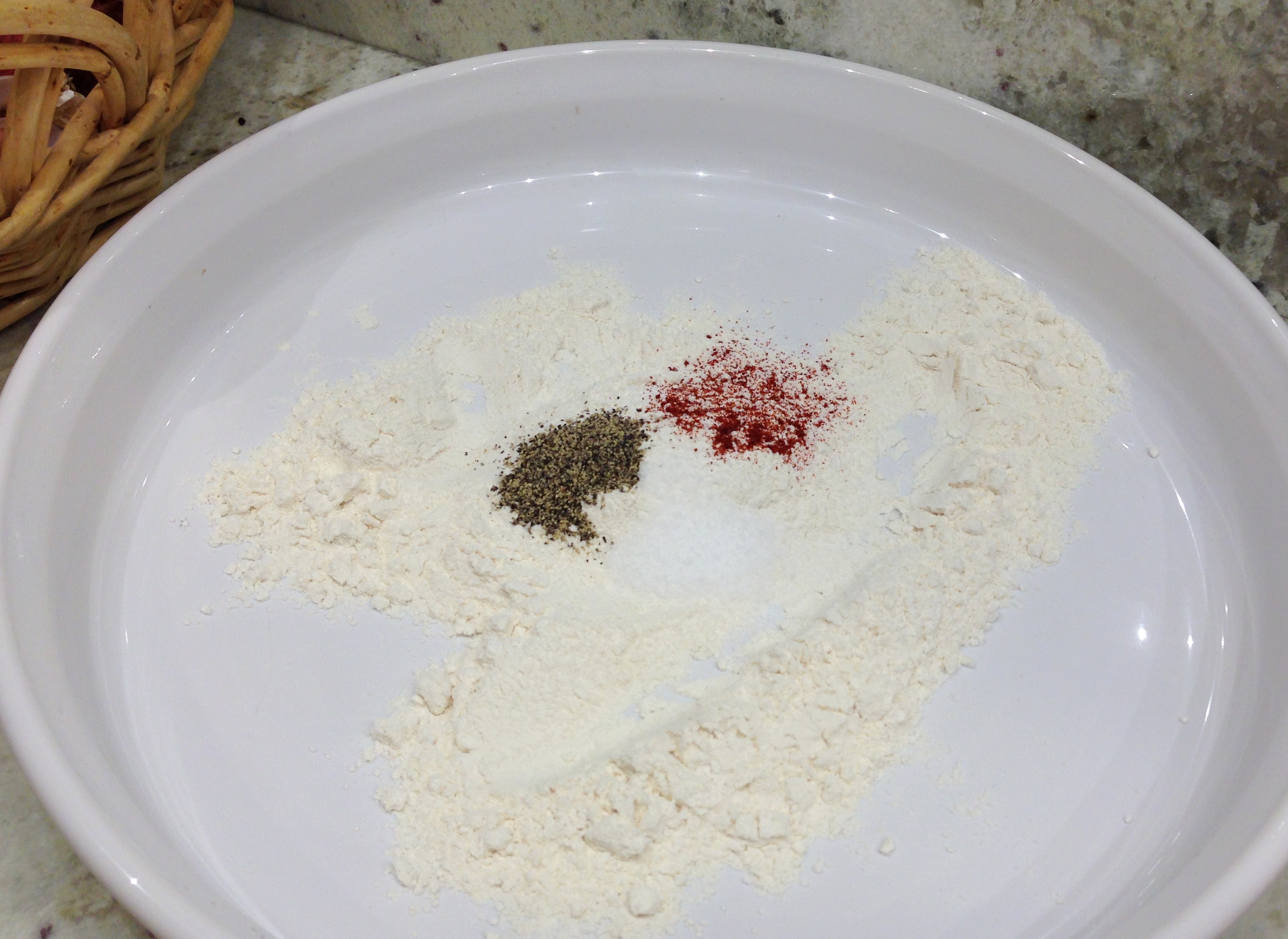
Mix flour, salt, pepper and paprika together in a shallow dish. The little pinch of paprika gives the chicken some color and a hint of flavor. Just a pinch!
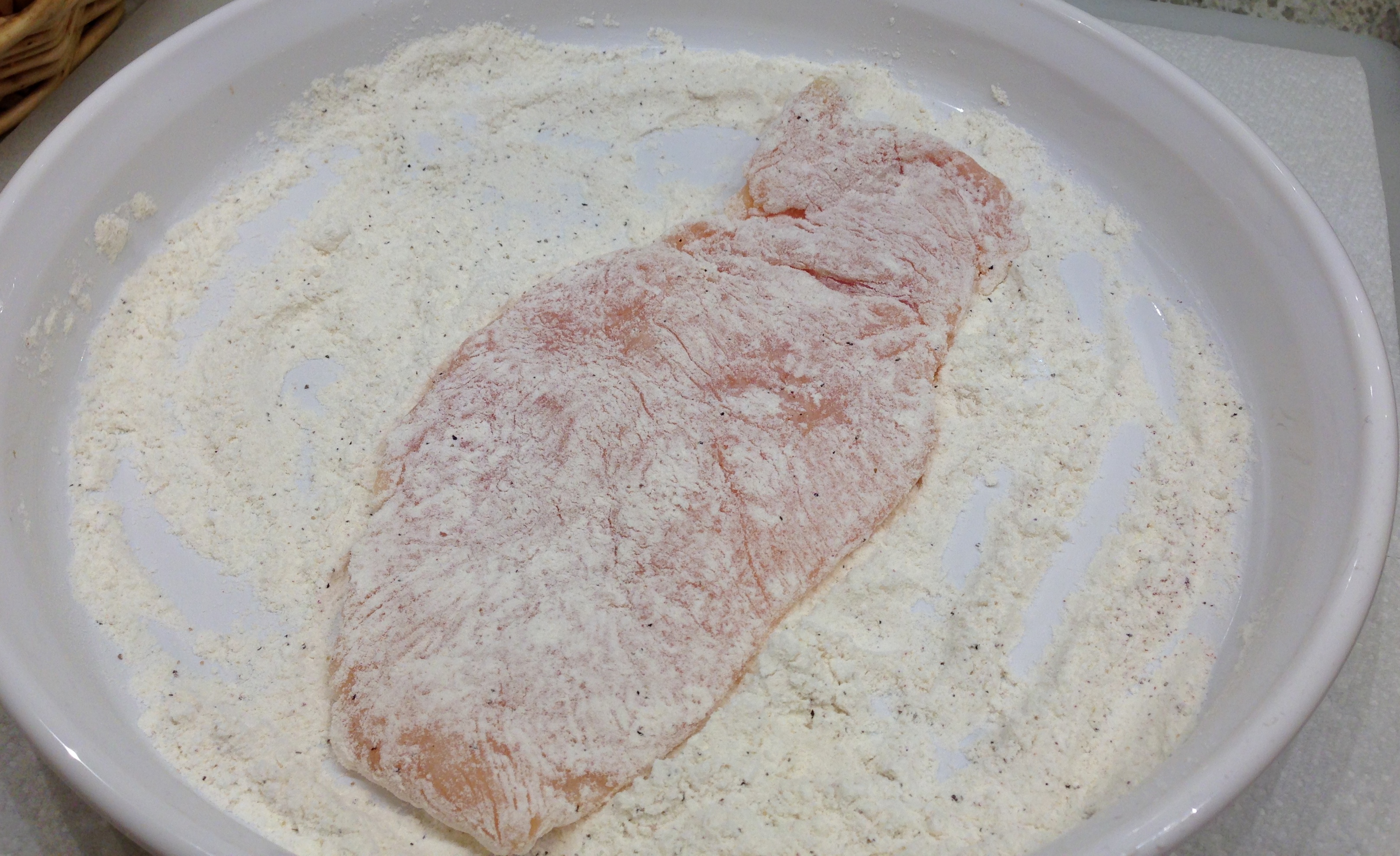
Sprinkle chicken breasts with a little salt. Lightly dredge chicken in the flour mixture.
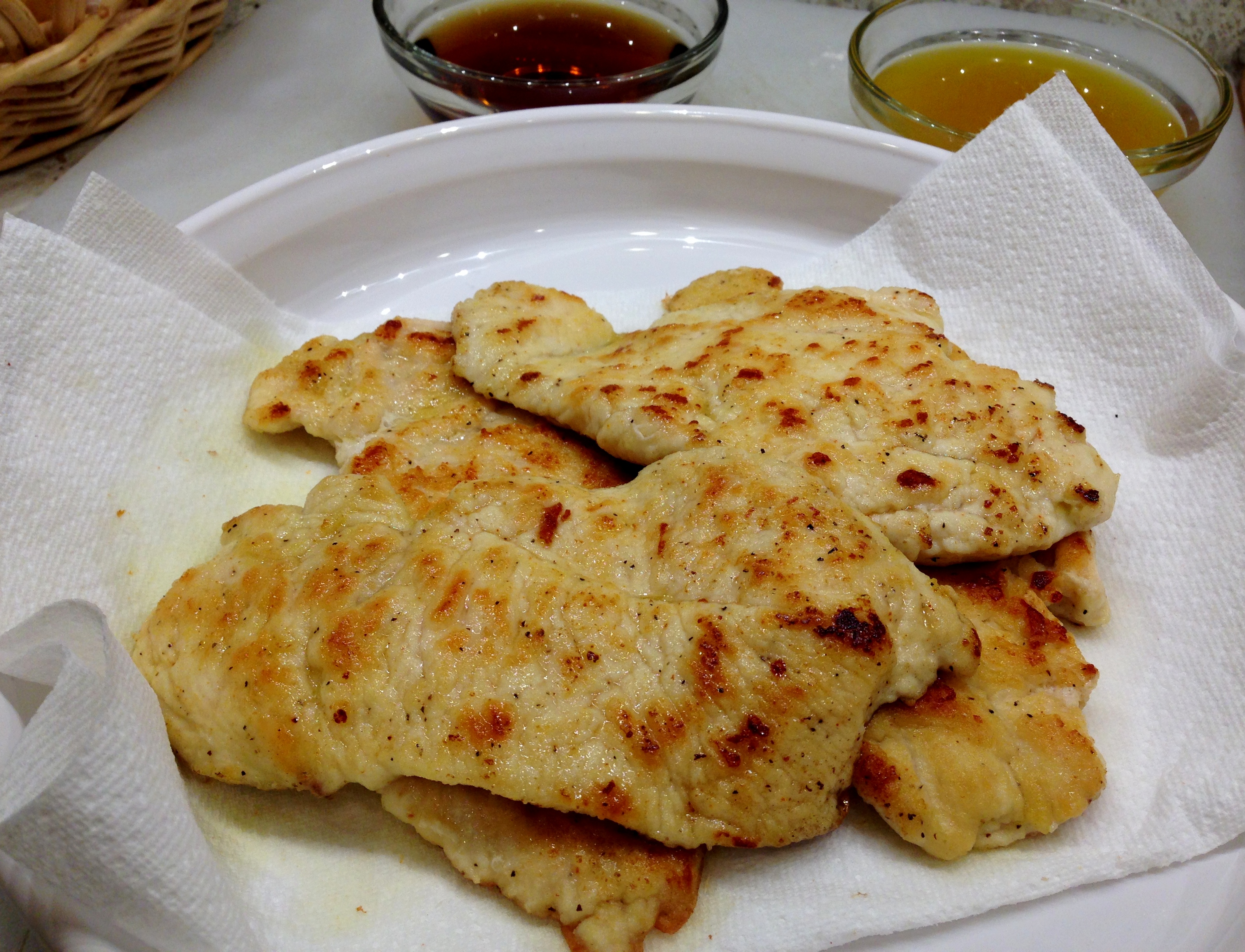
Heat 2 tablespoons of olive oil in a large skillet over a medium-high heat. When olive oil is hot, working in batches so there is no crowding, slide the chicken into the pan. Cook the chicken for 3-5 minutes on each side until golden brown. Transfer chicken to a plate covered in paper towels and set aside.
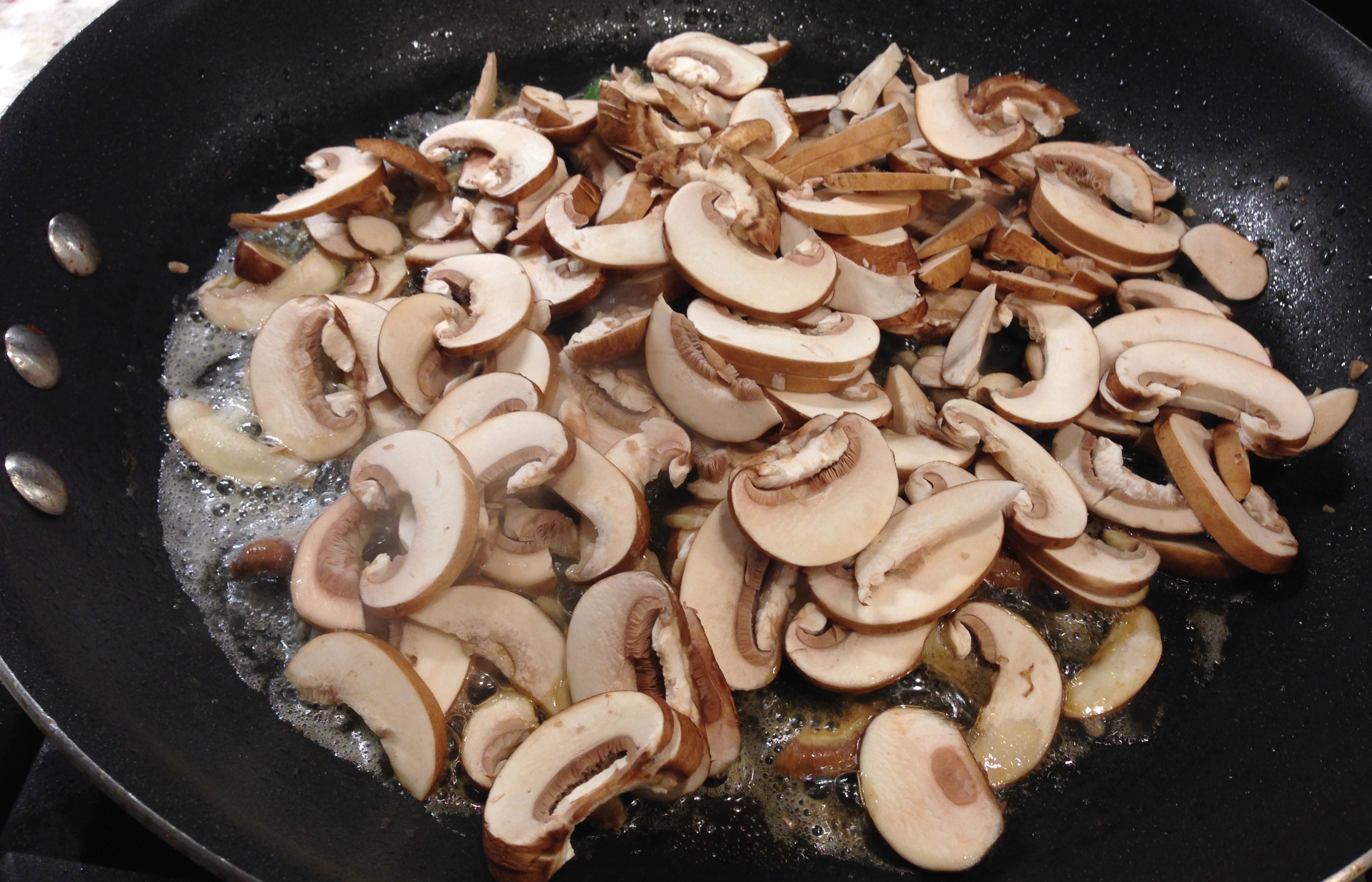
Add remaining 1 tablespoon of olive oil and 2 tablespoons of butter to the pan. Lower heat to medium and sauté mushrooms until brown, about 5-7 minutes.
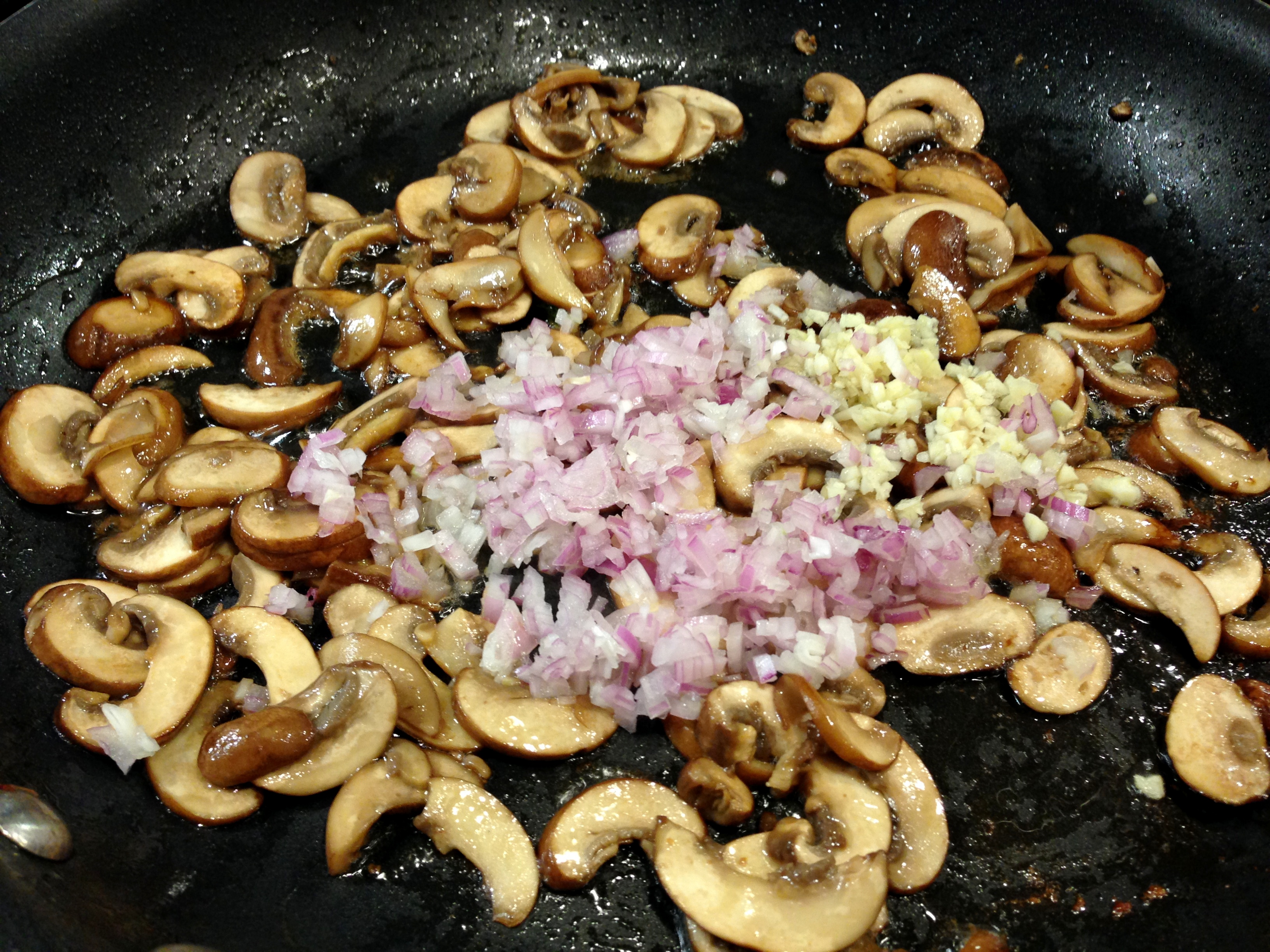
Add the shallots and garlic to the pan when mushrooms are almost browned, about 5 minutes. Sauté about 2 minutes.
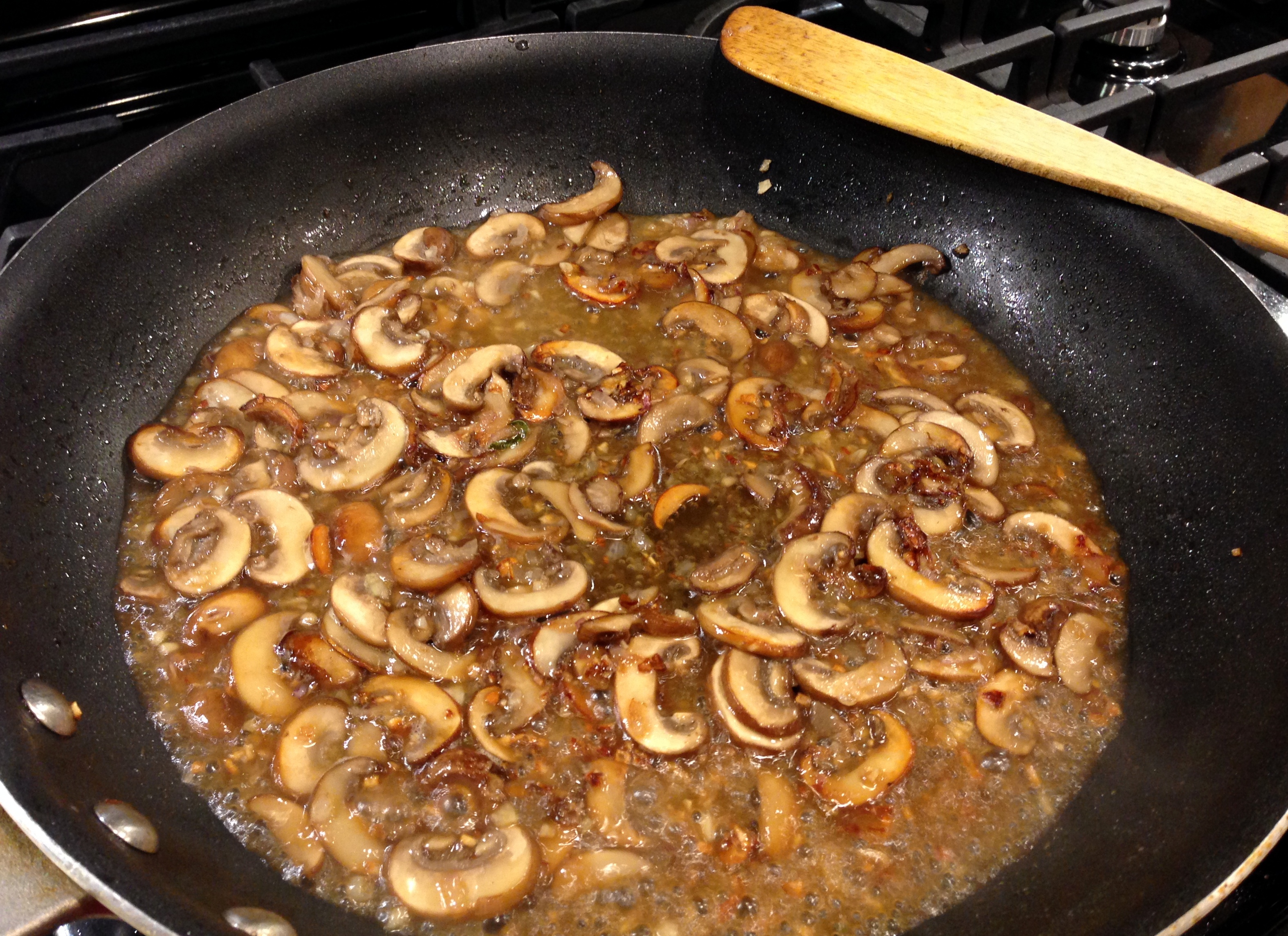
Add Marsala wine and bring to a low boil for about 1-2 minutes to cook off the alcohol and impart the flavor into the mushrooms. Scrape the brown bits from the bottom of the pan.
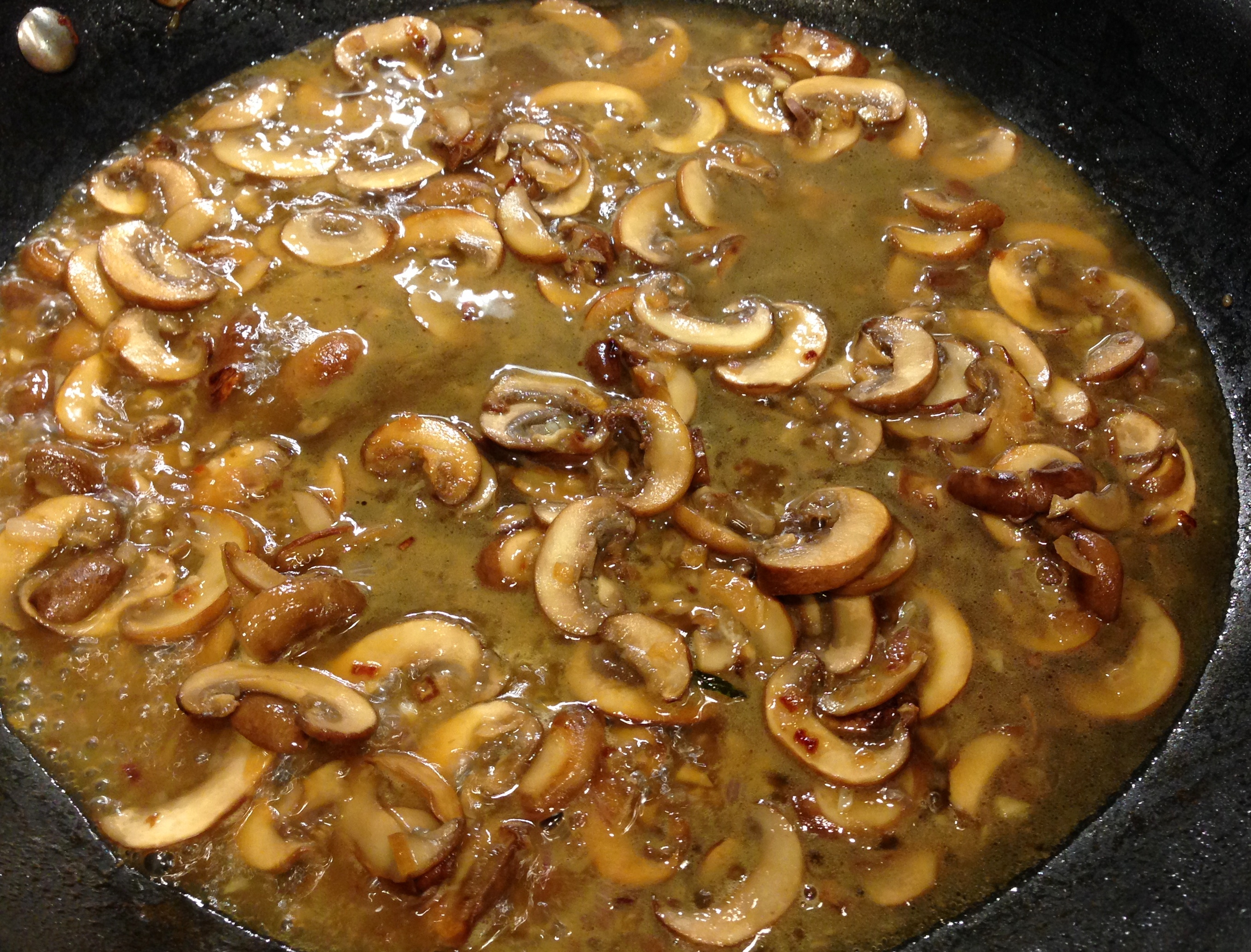
Next add the chicken stock and bring back to a boil and let reduce slightly, about 2 minutes.
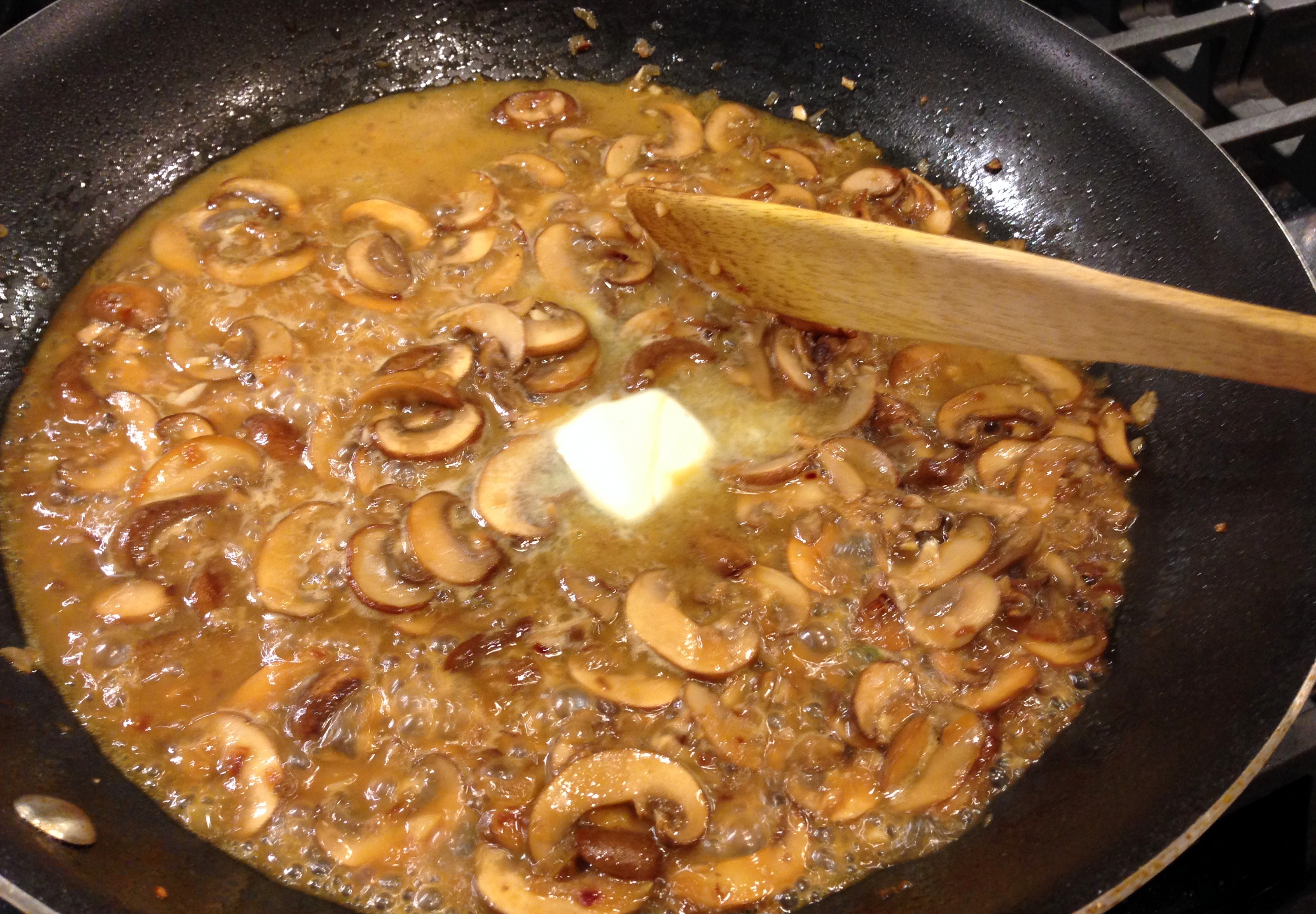
Add butter and stir until melted. Taste and adjust seasonings with salt and pepper, if necessary.
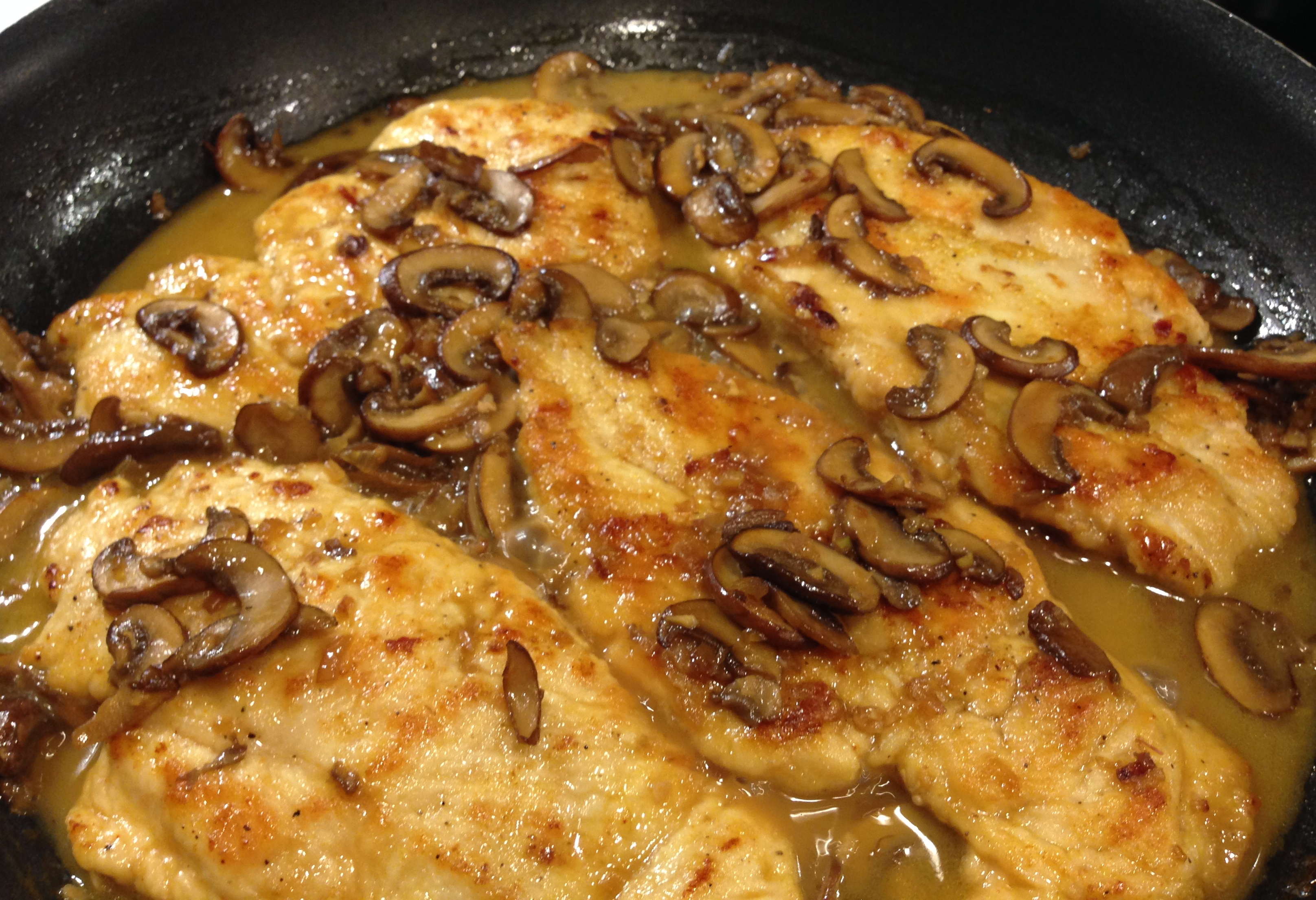
Return chicken to the skillet and heat through. Reduce the heat and let simmer for about 2-3 minutes. If the sauce has simmered for too long while you are making the potatoes and “breaks” (butter separates from the rest of the sauce) you can fix it. Add some more broth and bring to a simmer. Add a tablespoon more butter and bring the sauce back together. Do this right before you are ready to plate so it doesn’t break again.
To Plate: Place a lovely mound of potatoes in the center of a rimmed bowl, drape chicken breasts over the potatoes and drizzle with the Marsala sauce and mushrooms. Garnish with fresh rosemary and serve immediately.


- 1 small head garlic
- 1 tablespoon olive oil, divided
- 2 pounds red potatoes, washed, skin on, medium dice
- 2 teaspoons salt
- 1 teaspoon pepper
- 1/2-3/4 cup chicken broth
- 4 tablespoons butter
- 2 tablespoons fresh rosemary, finely chopped
- Preheat oven to 375 F
- Cut the head of garlic top off horizontally. Drizzle with olive oil and wrap in foil.
- Place diced red skin potatoes in a bowl and toss with olive oil, salt and pepper. Pour potatoes onto a sheet pan, leaving room for the foil wrapped garlic head.
- Roast for 40-45 minutes or until garlic is soft and fragrant and potatoes are lightly browned around the edges and soft. Each individual clove should be completely golden and butter-soft. It’s pretty hard to overcook garlic cloves.
- In a large bowl, combine potatoes, chicken broth, and butter. Mash potatoes with a potato masher until crushed and ingredients are combined; rustic mash.
- Add as much roasted garlic to mixture as you like and mix to combine. Roasted garlic becomes sweet and mild so don’t be afraid to add a good amount. Garlic cloves should squeeze out easily and look like paste.
- Fold in fresh rosemary and adjust seasoning with salt and pepper, if necessary.
- Great with Chicken Marsala and so many other meat dishes!


- 4 small chicken breasts or 2 large breasts, skinless and boneless
- 1/4 cup all-purpose flour
- 1/2 teaspoon salt
- 1/4 teaspoon pepper
- Pinch of paprika
- 3 tablespoons extra virgin olive oil, divided
- 8 ounces mushrooms, washed, stemmed and sliced
- 1 tablespoon shallots, minced
- 1 clove garlic, minced
- 1 cup sweet Marsala wine
- 1 cup chicken stock
- 3 tablespoons unsalted butter, divided
- Fresh rosemary for garnish
- If chicken breasts are small, pound them now. If they are large, I like to butterfly them first into 2 halves and then pound them to a 1/4 inch thickness.
- Place chicken breasts between plastic wrap or in a gallon freezer bag. Pound the chicken with a meat mallet or the bottom of a heavy pot until they are about 1/4 inch thick.
- Mix flour, salt, pepper and paprika together in a shallow dish. Sprinkle chicken breasts with a little salt. Lightly dredge chicken in the flour mixture.
- Heat 2 tablespoons of olive oil in a large skillet over a medium-high heat. When olive oil is hot, working in batches so there is no crowding, slide the chicken into the pan. Cook the chicken for 3-5 minutes on each side until golden brown. Transfer chicken to a plate covered in paper towels and set aside.
- Add remaining 1 tablespoon of olive oil and 2 tablespoons of butter to the pan. Lower heat to medium and sauté mushrooms until brown, about 5-7 minutes.
- Add the shallots and garlic to the pan when mushrooms are almost browned, about 5 minutes. Sauté about 2 minutes.
- Add Marsala wine and bring to a low boil for about 1-2 minutes to cook off the alcohol and impart the flavor into the mushrooms. Scrape the brown bits from the bottom of the pan.
- Next add the chicken stock and bring back to a boil and let reduce slightly, about 2 minutes. Add butter and stir until melted. Taste and adjust seasonings with salt and pepper, if necessary.
- Return chicken to the skillet and heat through. Reduce the heat and let simmer for about 2-3 minutes. If the sauce has simmered for too long while you are making the potatoes and "breaks" (butter separates from the rest of the sauce) you can fix it. Add some more broth and bring to a simmer. Add a tablespoon more butter and bring the sauce back together. Do this right before you are ready to plate so it doesn't break again.
- To Plate: Place a lovely mound of potatoes in the center of a rimmed bowl, drape chicken breasts over the potatoes and drizzle with the Marsala sauce and mushrooms. Garnish with fresh rosemary and serve immediately.
